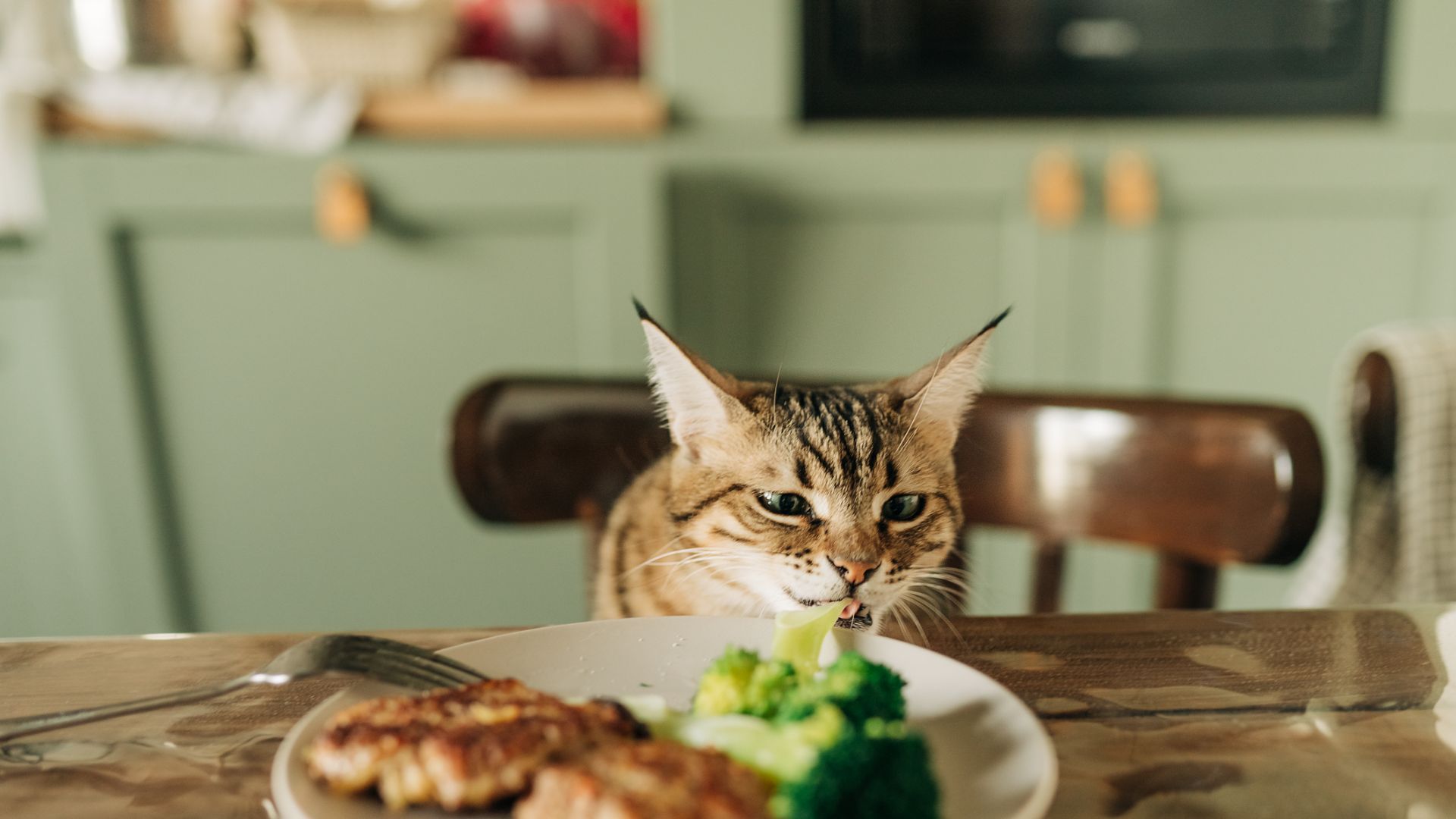
Feeding your feline is no easy feat. They require just as much care and attention to having a balanced diet as humans do. Having a healthy diet will help your cat to grow and develop into their best feline selves.
It can be overwhelming choosing cat foods and deciding which will be best for your kitten. It will be helpful to know which foods kittens can eat besides cat food to ensure your cat is keeping a nutritious diet. However, it is just as important to know which foods should be avoided for your cat altogether.
1. Dairy
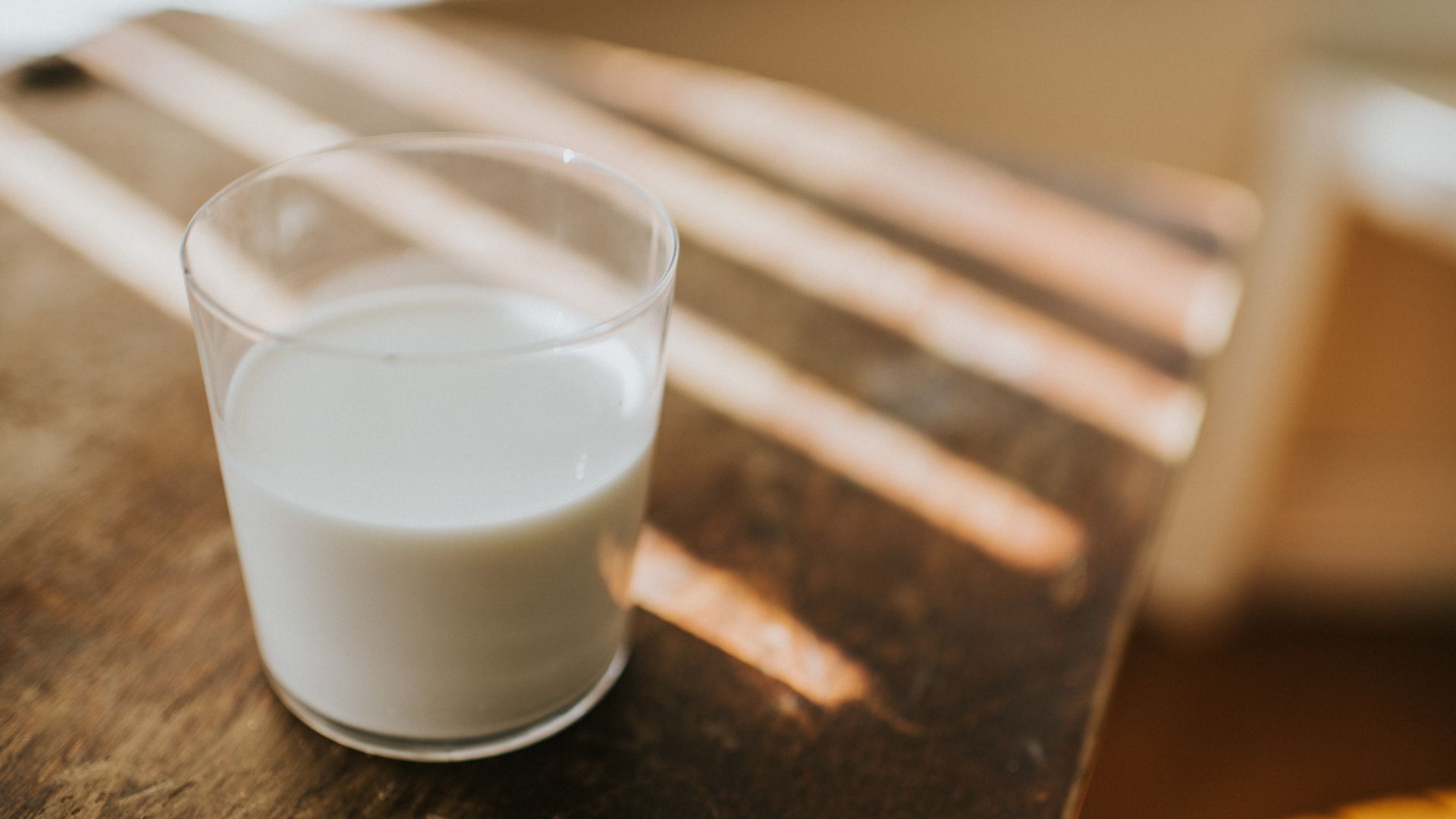
Probably the biggest misconception is that cats and kittens can have dairy products such as milk. But actually, dairy can be very harmful to your cat as they cannot digest it properly. This includes dairy products such as cow’s milk, cheese, and yogurt.
2. Raw fish
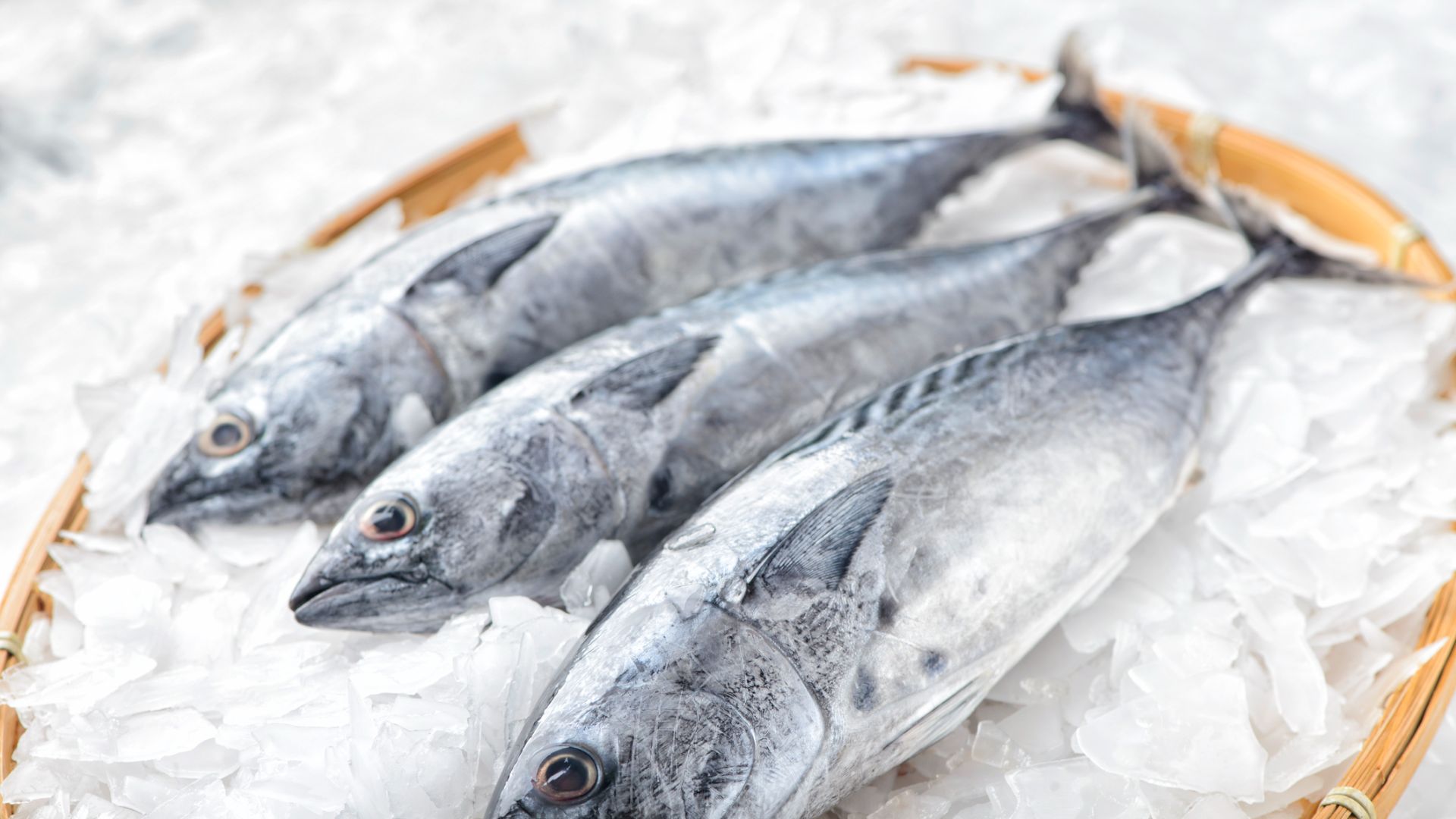
While you may see fish as a common ingredient in many cat and kitten food. It is considered unsafe for your cat to consume raw fish according to the American Veterinary Medical Association. You can make tasty DIY cat treats that your feline will love but they will call for cooked fish.
3. Raw meat
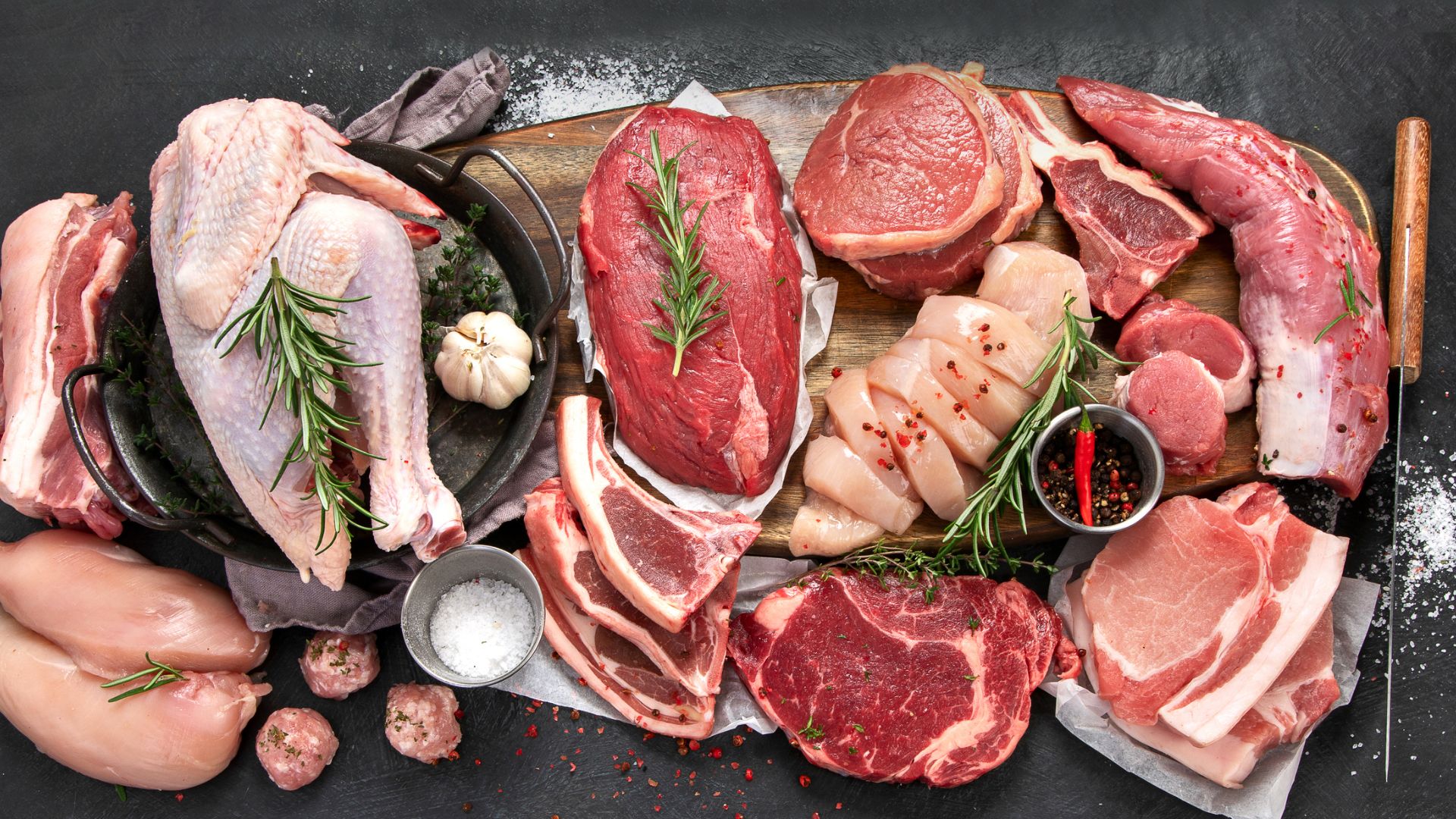
Just as raw fish isn’t safe for your cat to consume so is raw meat, this also includes undercooked meat. While there are said to be some benefits of raw cat food, meat not cooked fully though can contain salmonella or E. coli bacteria. We recommend weighing both the benefits and the risks of a raw diet. If you decide to try out a raw food diet for your cat, be sure to do your research on the best raw cat food.
4. Nuts
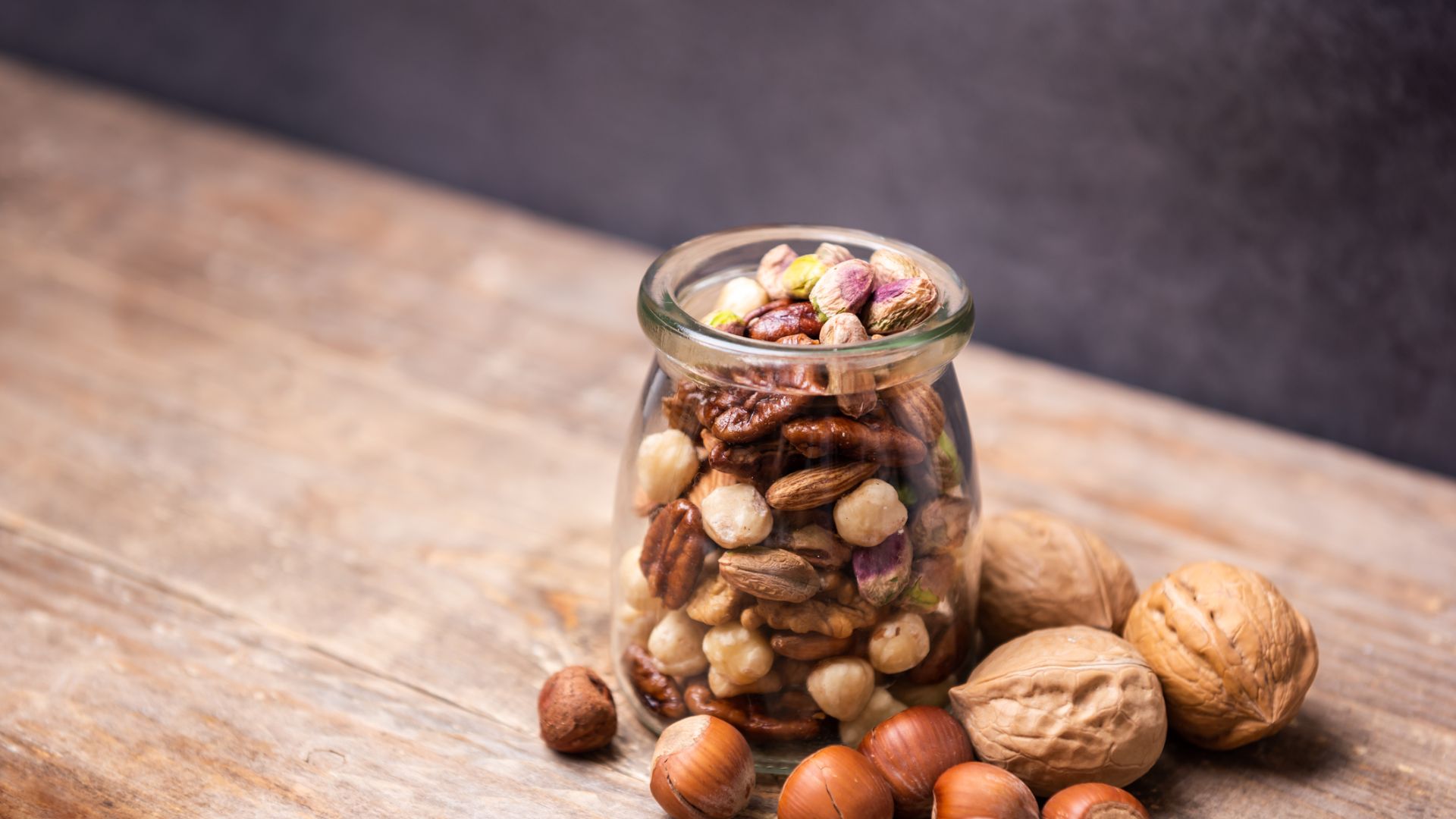
Nuts are high in oils and fats that can cause digestive problems in cats. Nuts can also be a potential choking hazard. In particular macadamia nuts and walnuts can cause fever, vomiting and diarrhea.
5. Chocolate
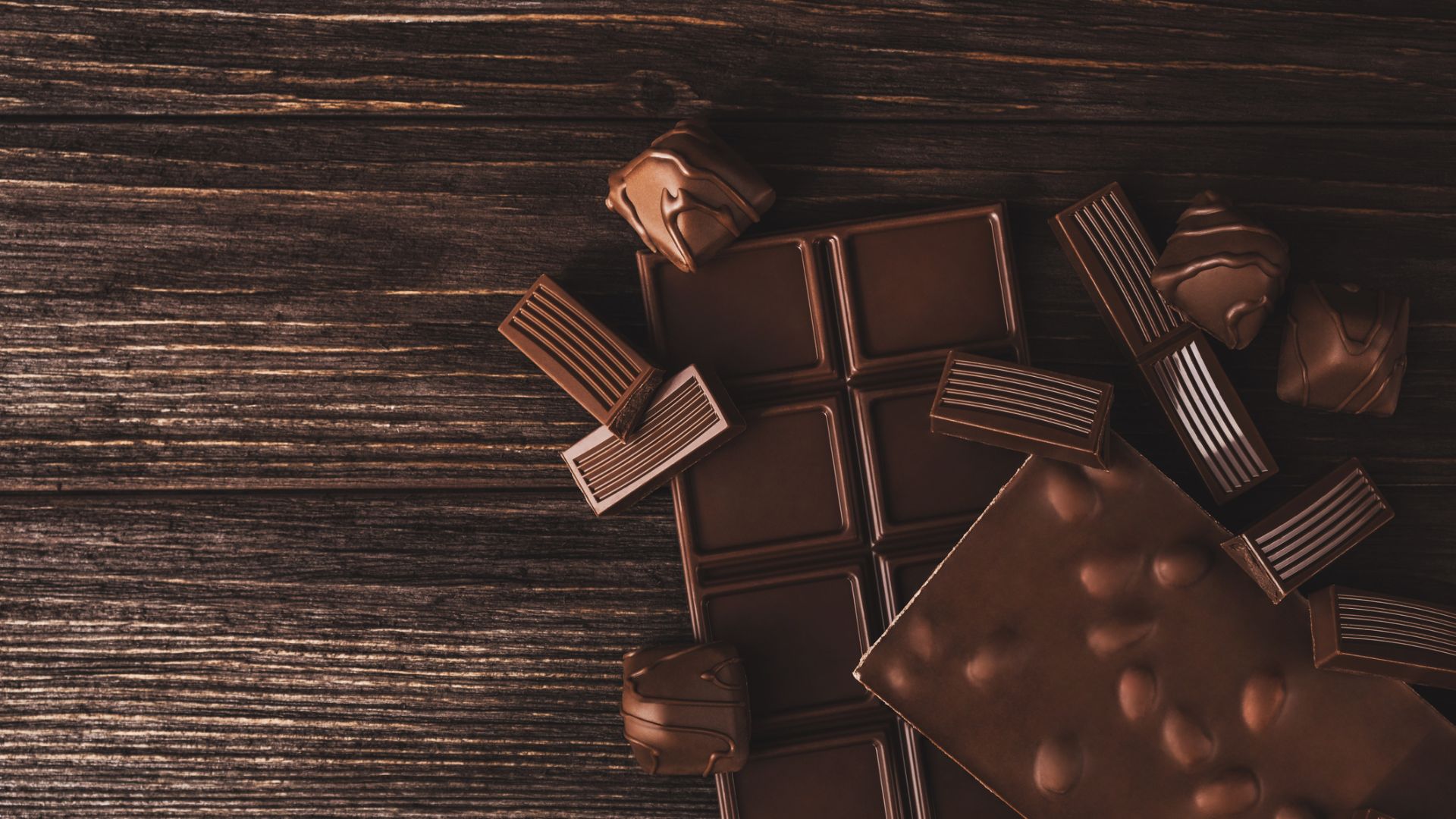
Chocolate should not be consumed in cats as it can cause indigestion. It also contains caffeine which is also not recommended for cats.
6. Coffee, tea and caffeinated drinks
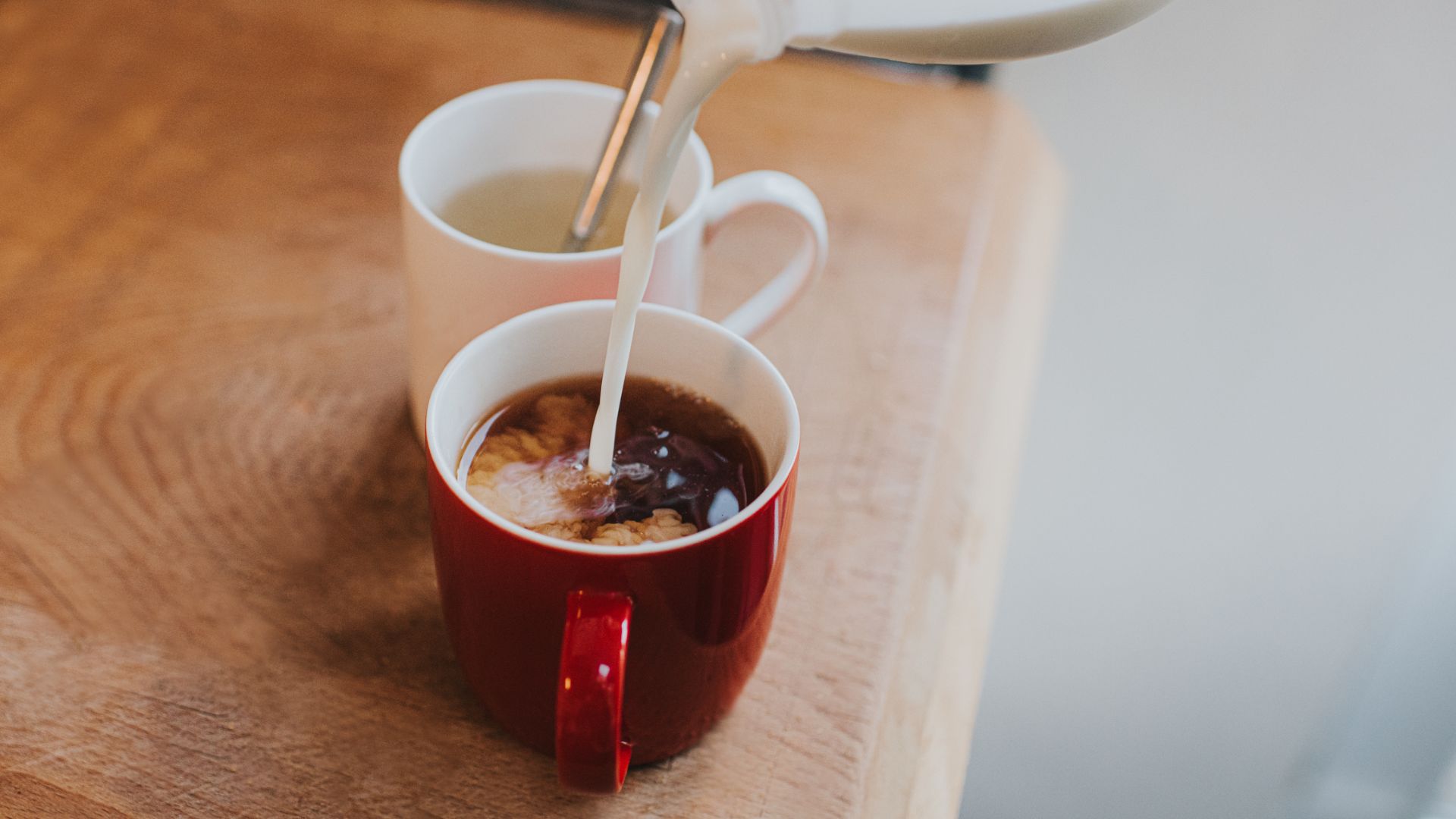
While a tiny amount may not cause a reaction in your cat, it is better to avoid it. According to the American College of Veterinary Pharmacists, possible symptoms that may indicate your cat is having a reaction may include vomiting, intense thirst, frequent urination and heart palpitations.
7. Alcohol
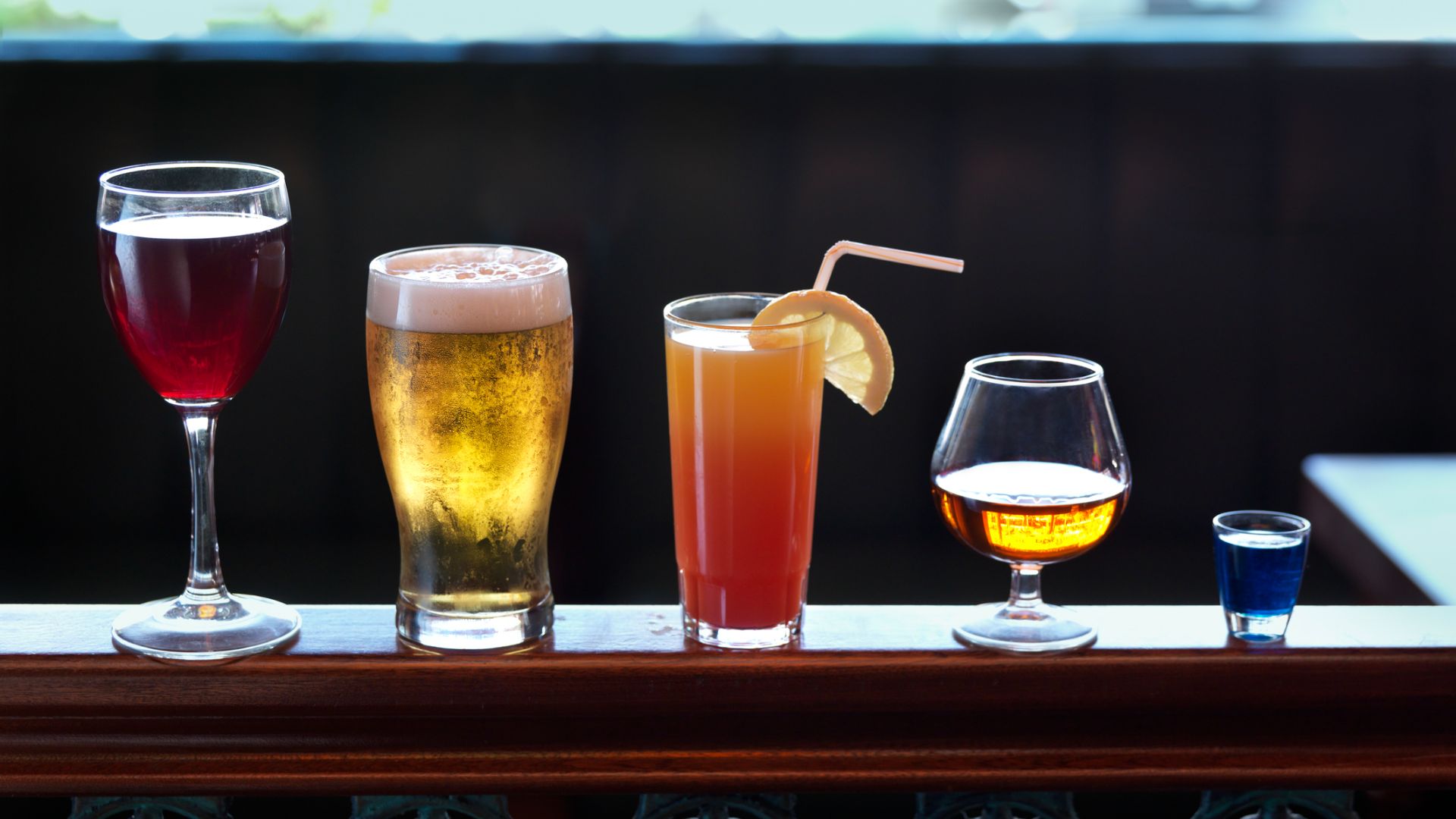
While you would most likely not give alcohol to your cat, cats may ingest some on accident. This could lead to alcohol poisoning. According to the Pet Poison Control Center, symptoms could include lethargy, seizures, and paralysis.
8. Grapes
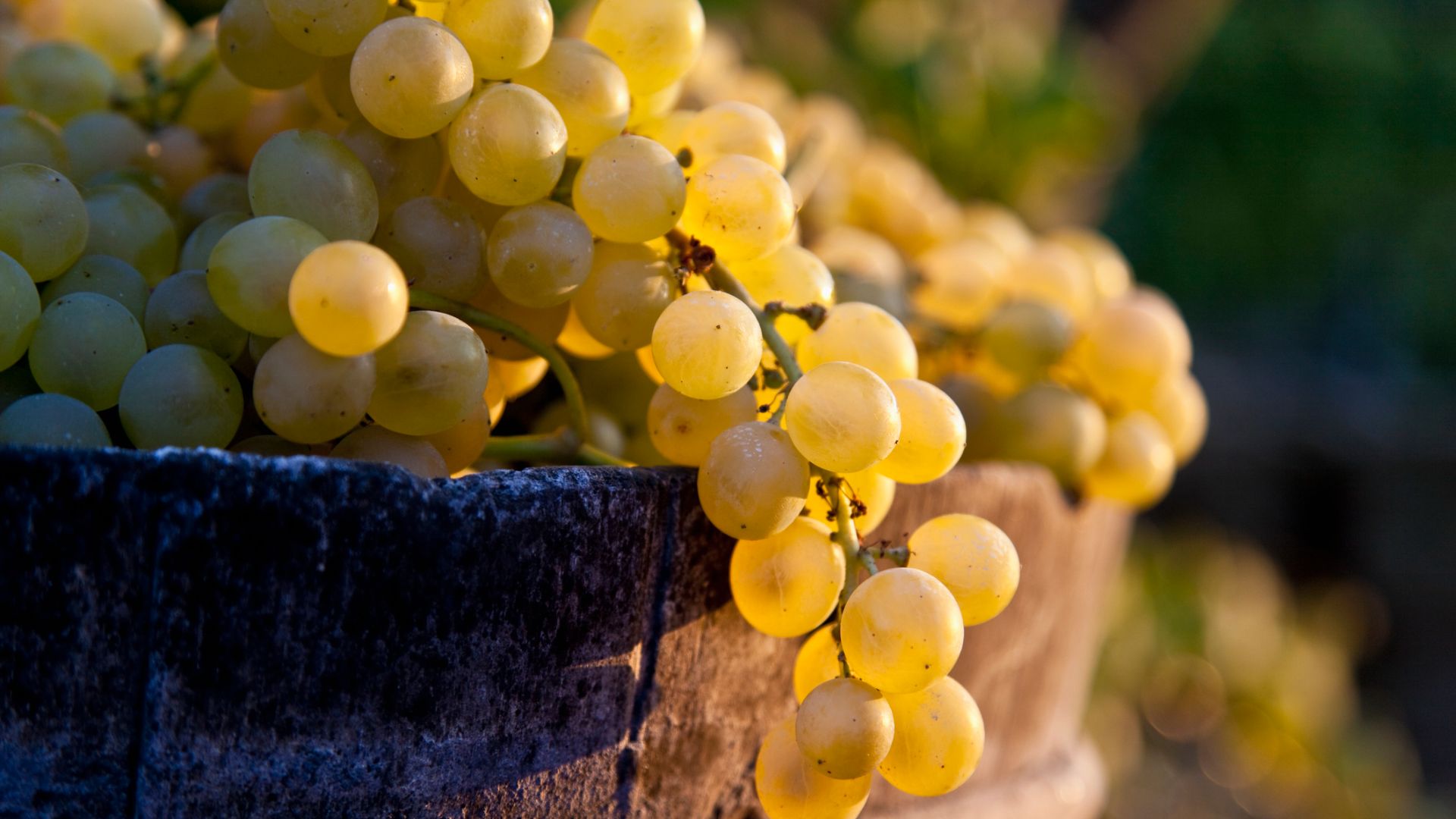
Grapes should be avoided. There have been studies that have shown that grapes can lead to kidney failure.
9. Xylitol
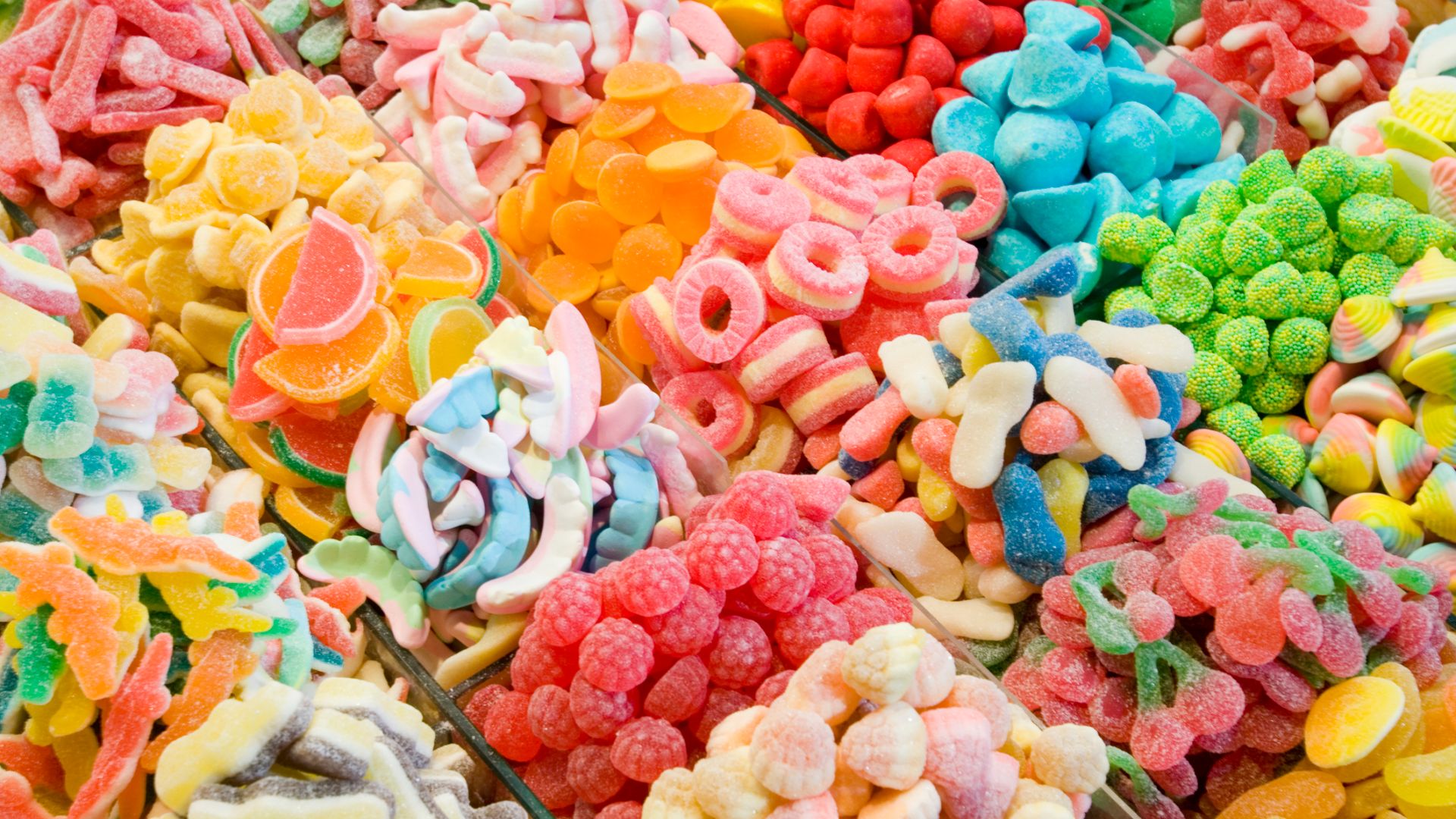
Xylitol is a common sweetener. This is usually used in candy so best to find other cat treats for your feline to enjoy.
10. Citrus fruit
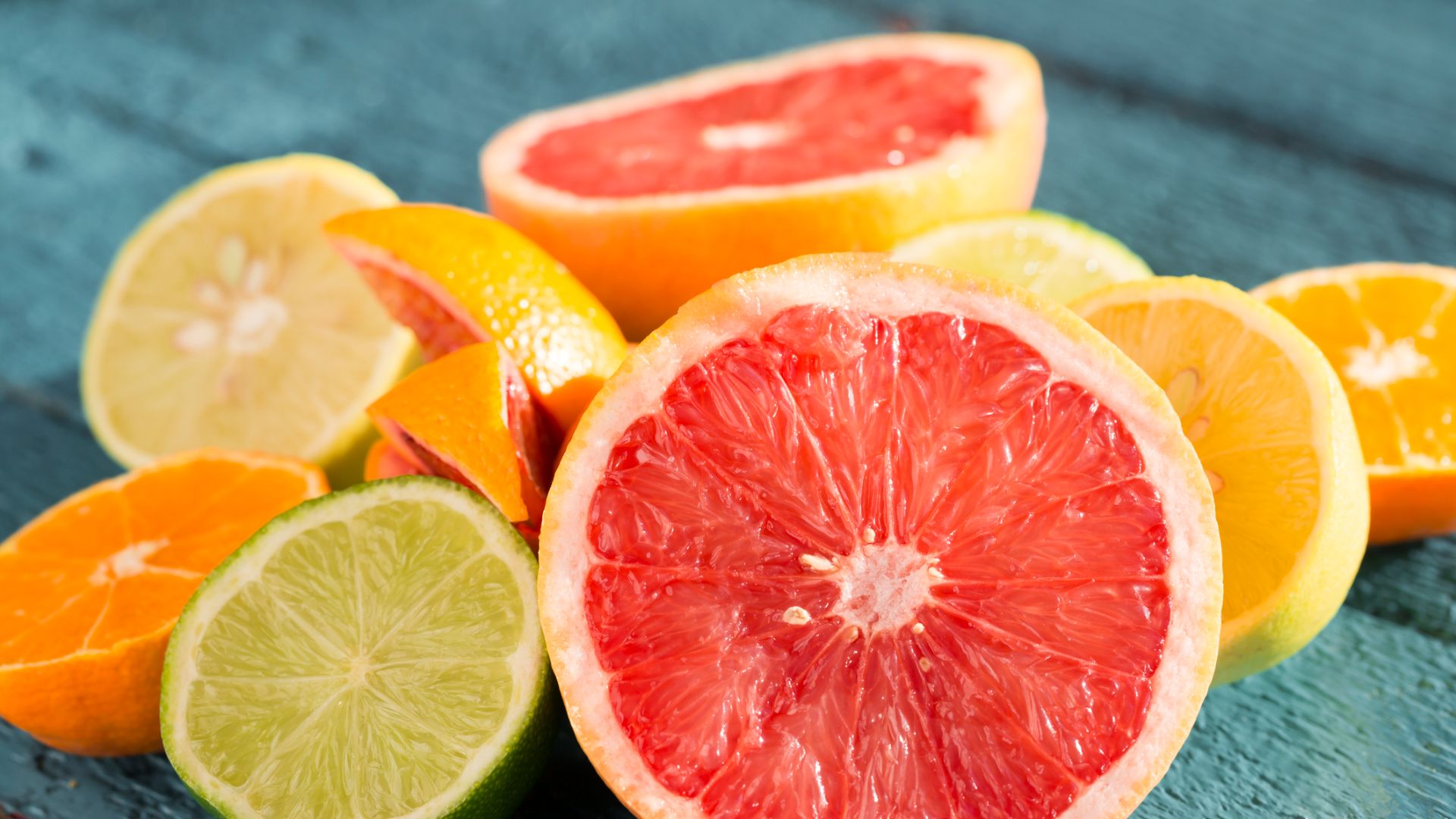
Think oranges, lemons, grapefruit, and limes. These foods can be highly acidic and cause a stomachache in mild cases. However, in severe cases can cause vomiting and diarrhea.
11. Onions
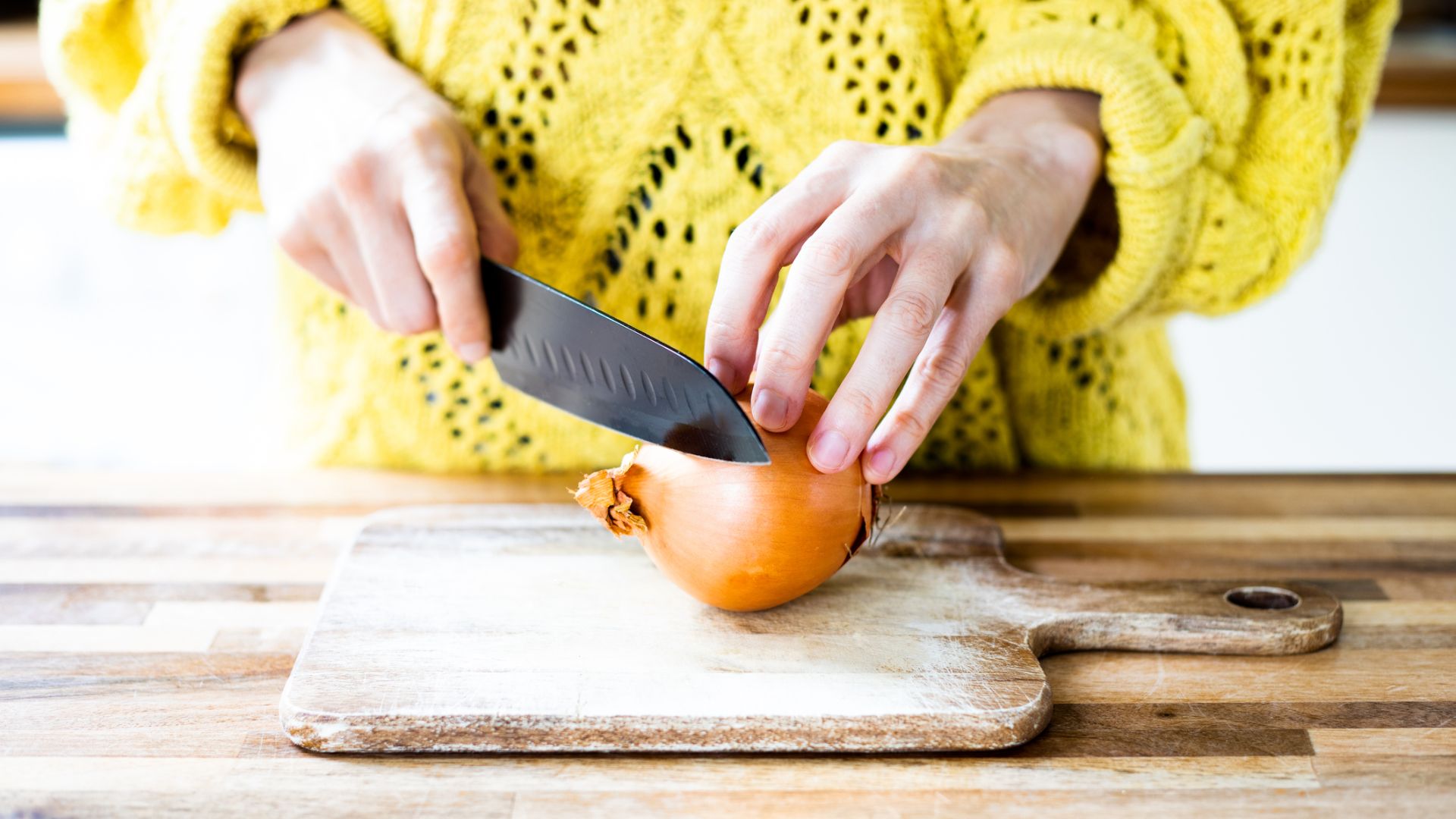
Often a staple ingredient in most dishes, onions can be harmful in high quantities in cats. While small quantities will probably not cause too much harm, it’s best to avoid giving them to your cat altogether.
12. Dog food
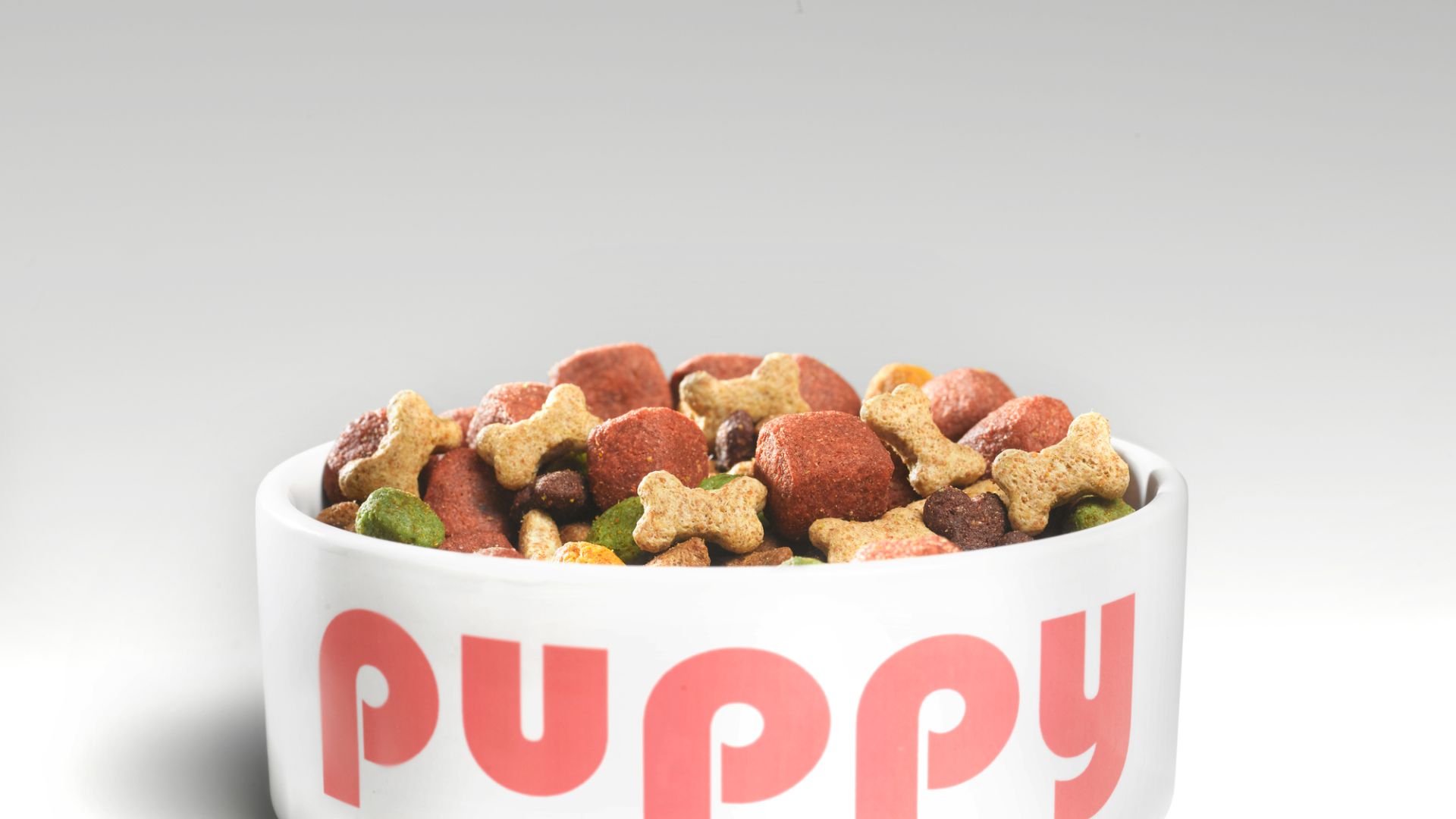
While it may not necessarily make your cat sick, it is not advised for cats to have dog food regularly. Dogs and cats have different nutritional needs so you’ll want to be sure that you're offering the best cat food to meet all their nutritional needs.
13. Garlic
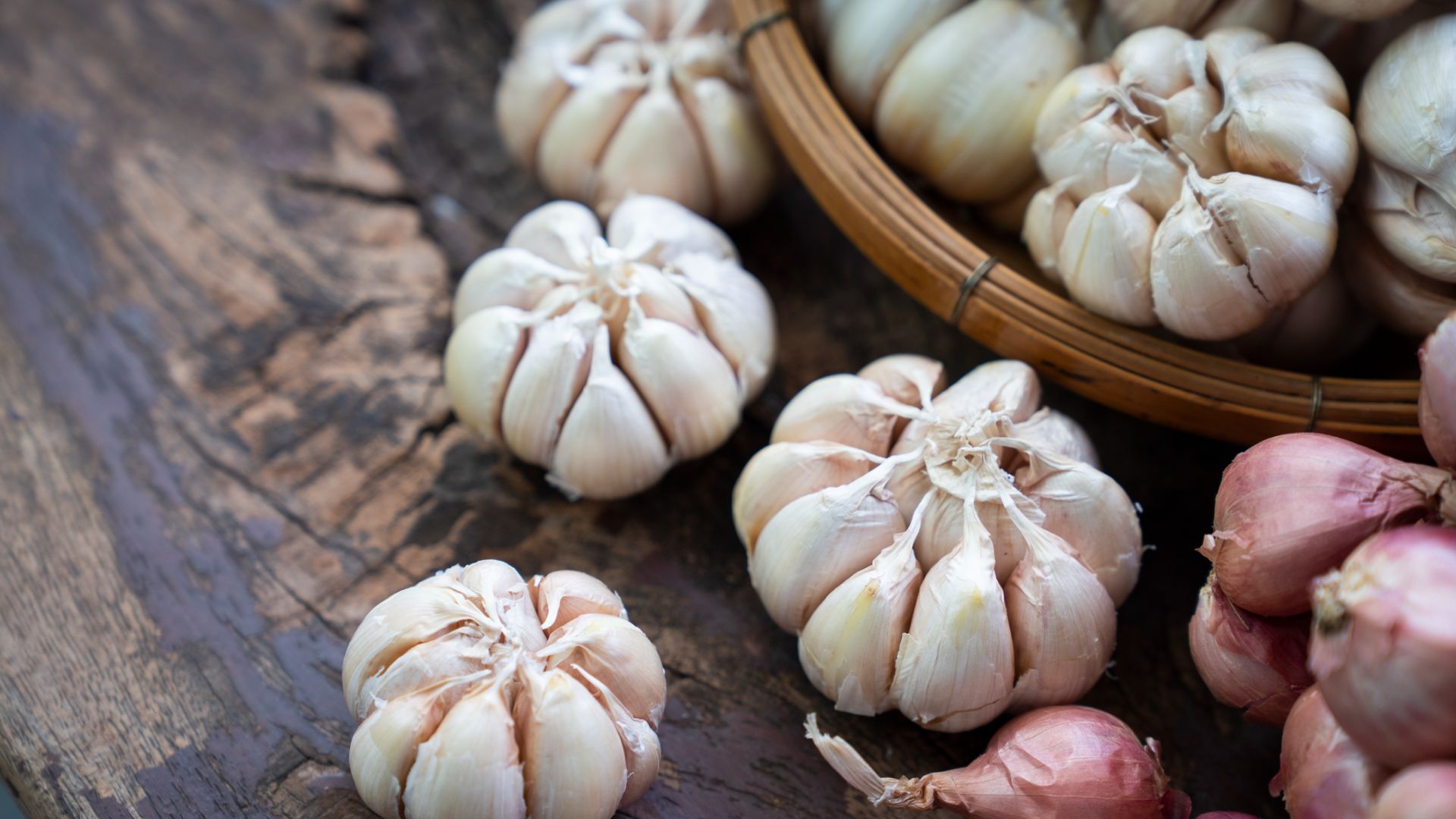
Garlic is considered to be one of the most toxic foods a cat can consume. This also includes garlic spices. Even in small quantities it is one of the foods you should never feed your cat.
14. Bones
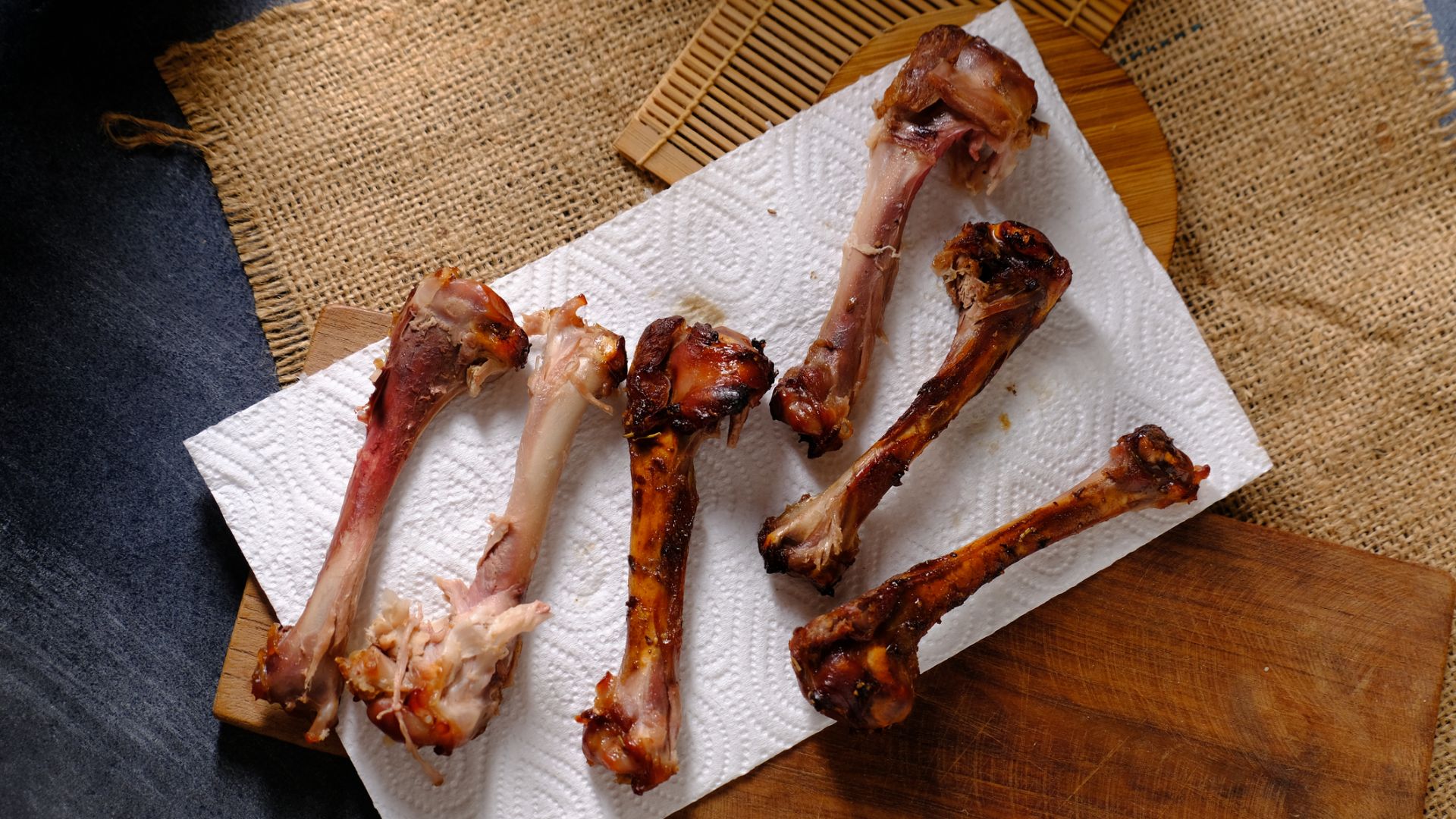
Bones from leftover food such as chicken or steaks can be a potential choking hazard for cats. They can also splinter and become lodged in your cat's digestive system.
15. Fat trimmings
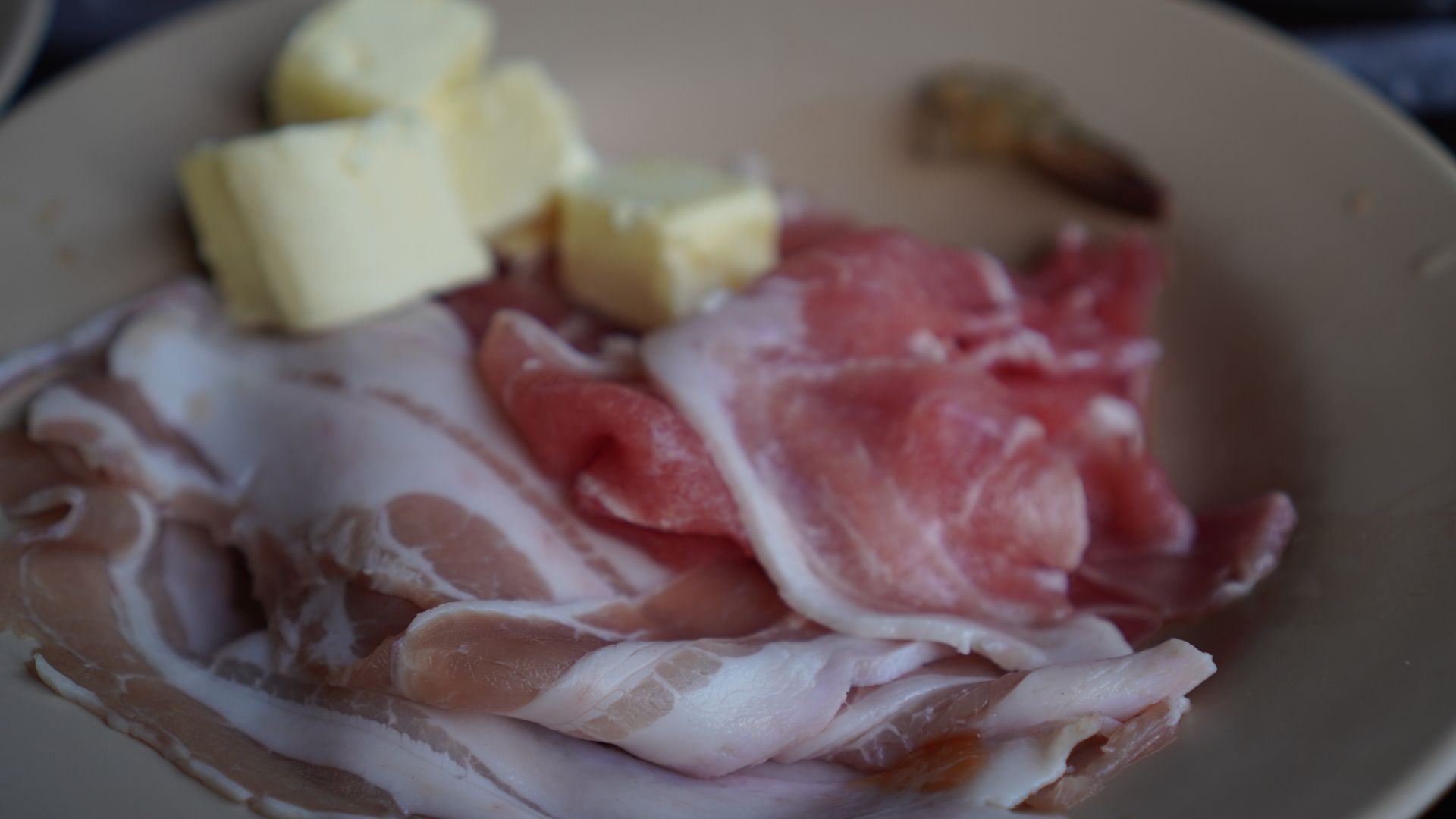
Fat trimmings that come off pieces of meat can cause an upset stomach in cats. This can also lead to diarrhea or vomiting.
15. Raw eggs
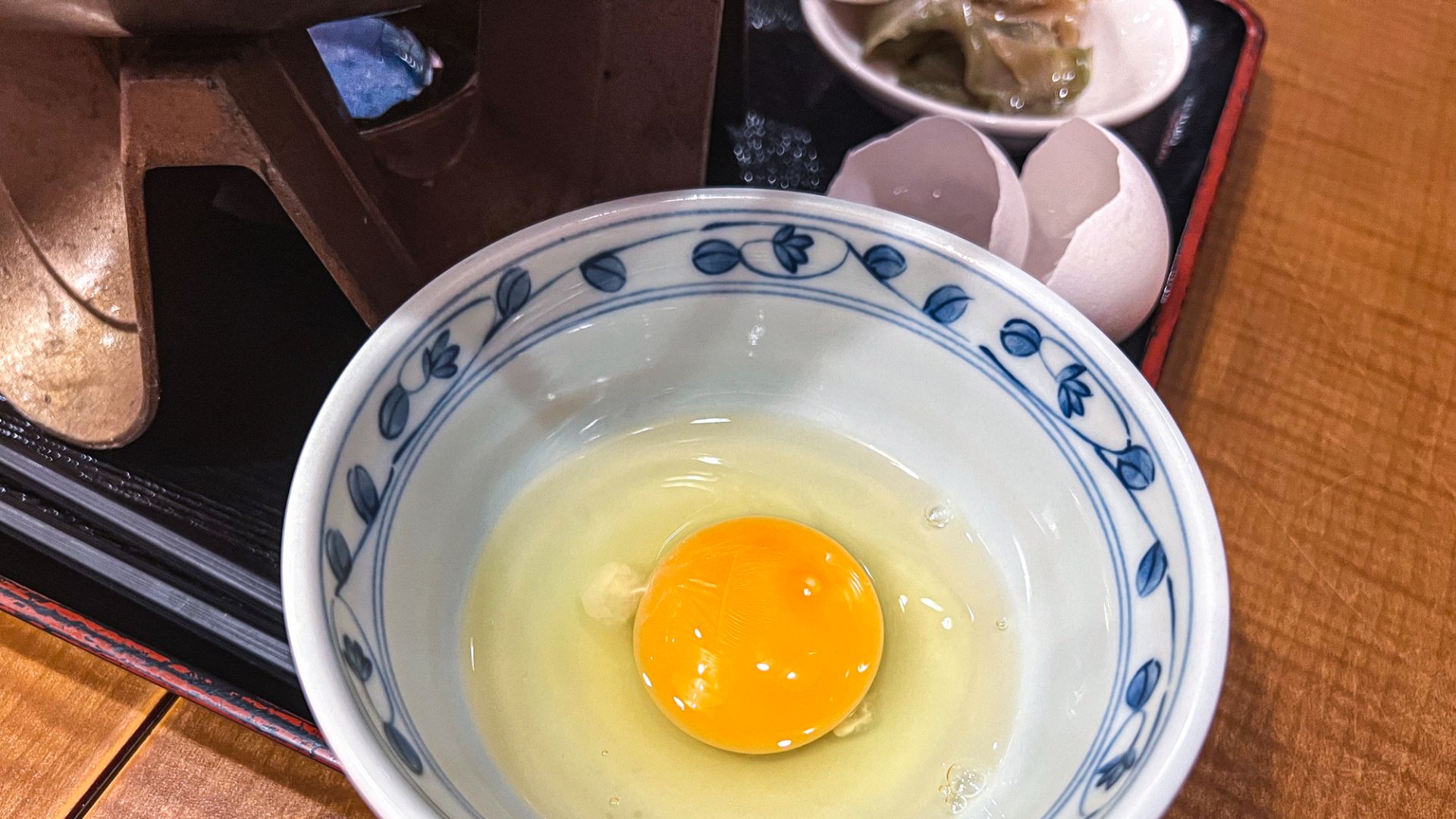
Raw eggs similar to raw meat can contain bacteria and E.coli which can be harmful to your cat.
17. Yeast dough
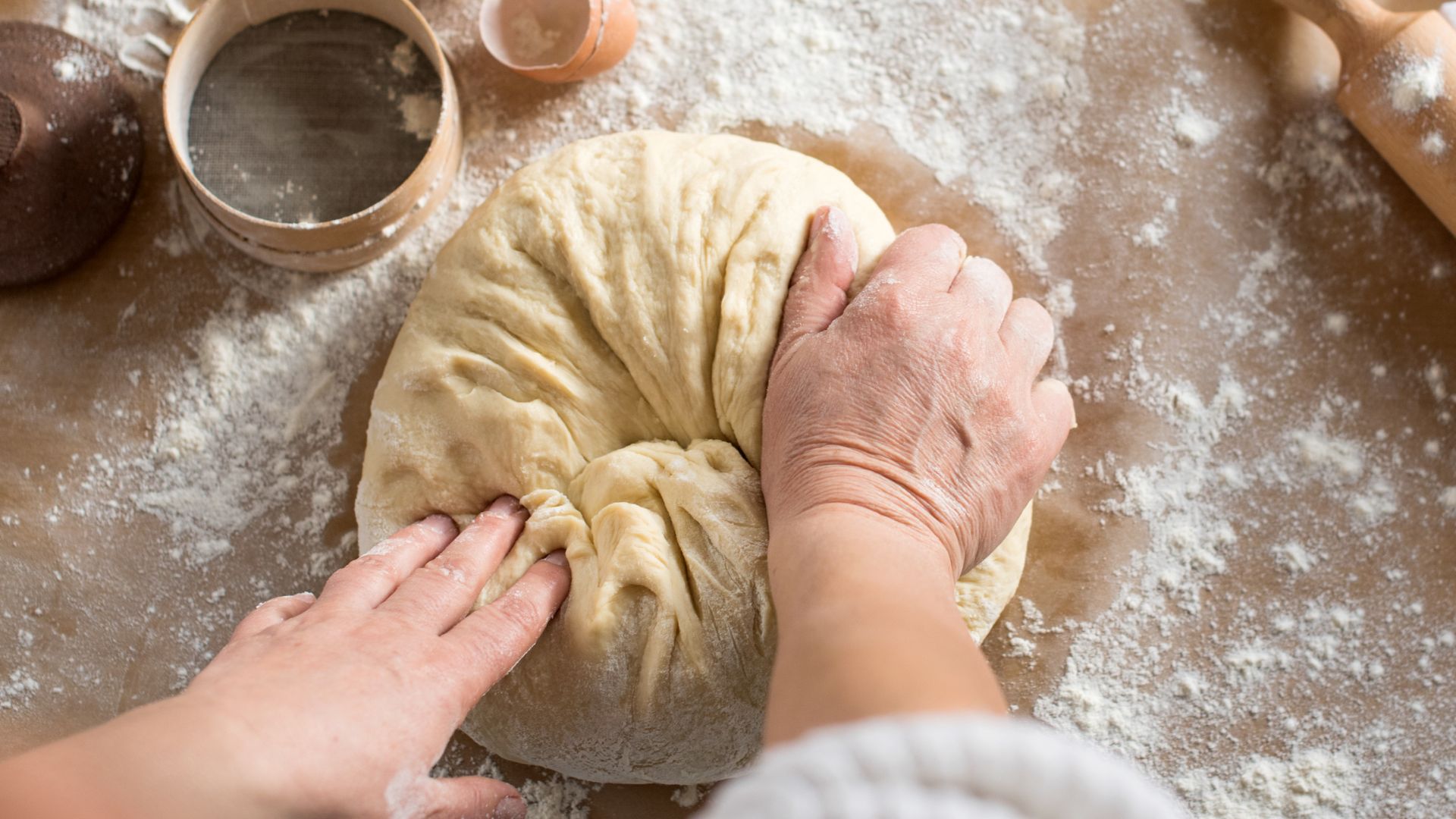
Eating undercooked dough can be hazardous to anyone, especially cats. Uncooked yeast can expand in your cat’s stomach and cause severe pain.
18. Human medicine
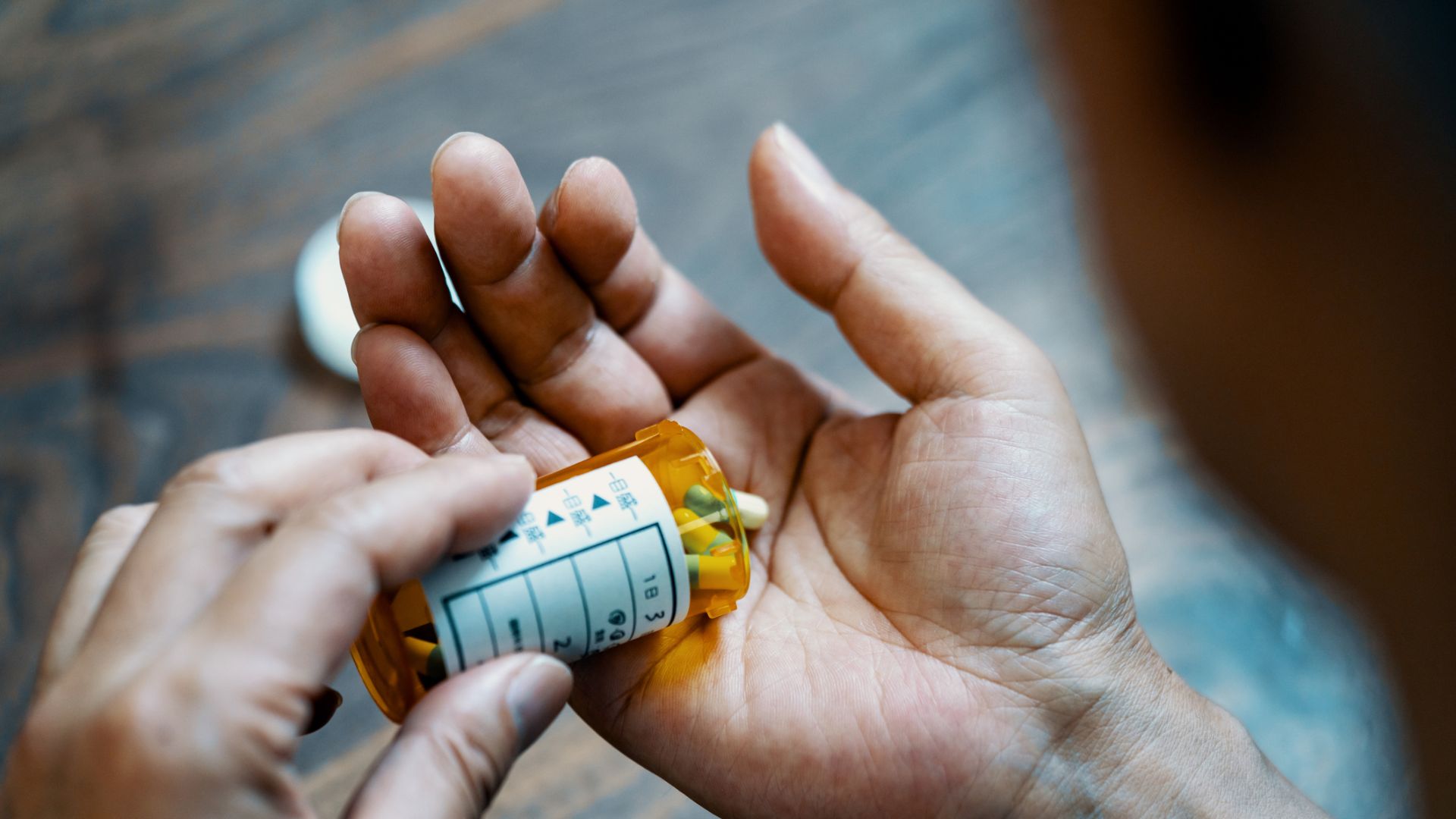
Medicine prescribed for humans should not be given to cats. We recommend keeping medicine out of your cat’s reach.
19. Cat litter
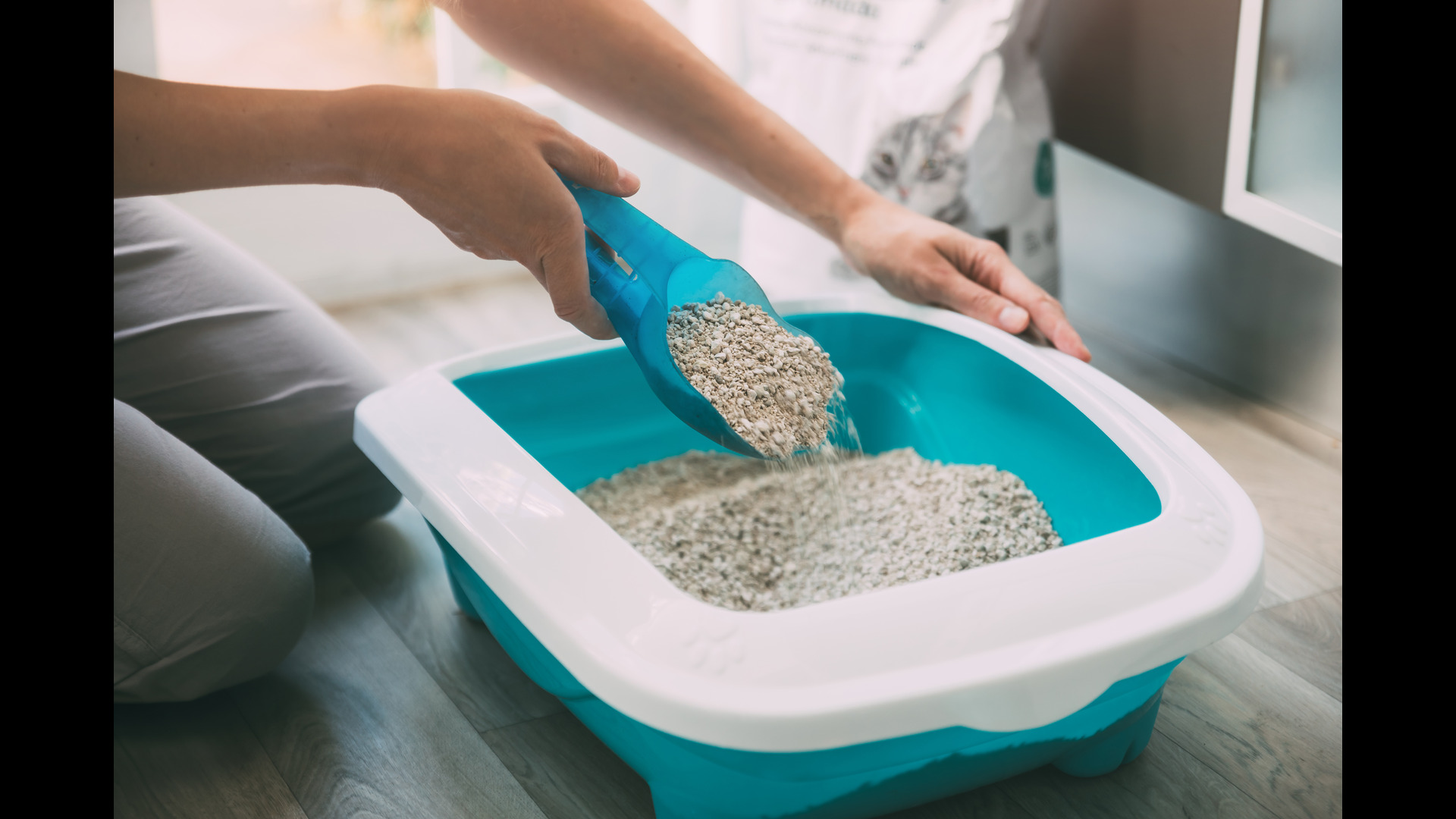
Maybe an obvious one, but a cat or kitten eating litter can be a sign of an underlying problem such as a nutrient deficiency. There are things you can do if you’re wondering how to stop your kitten from eating litter. Investing in the best cat litter you can find is one of them.
20. Raw potatoes
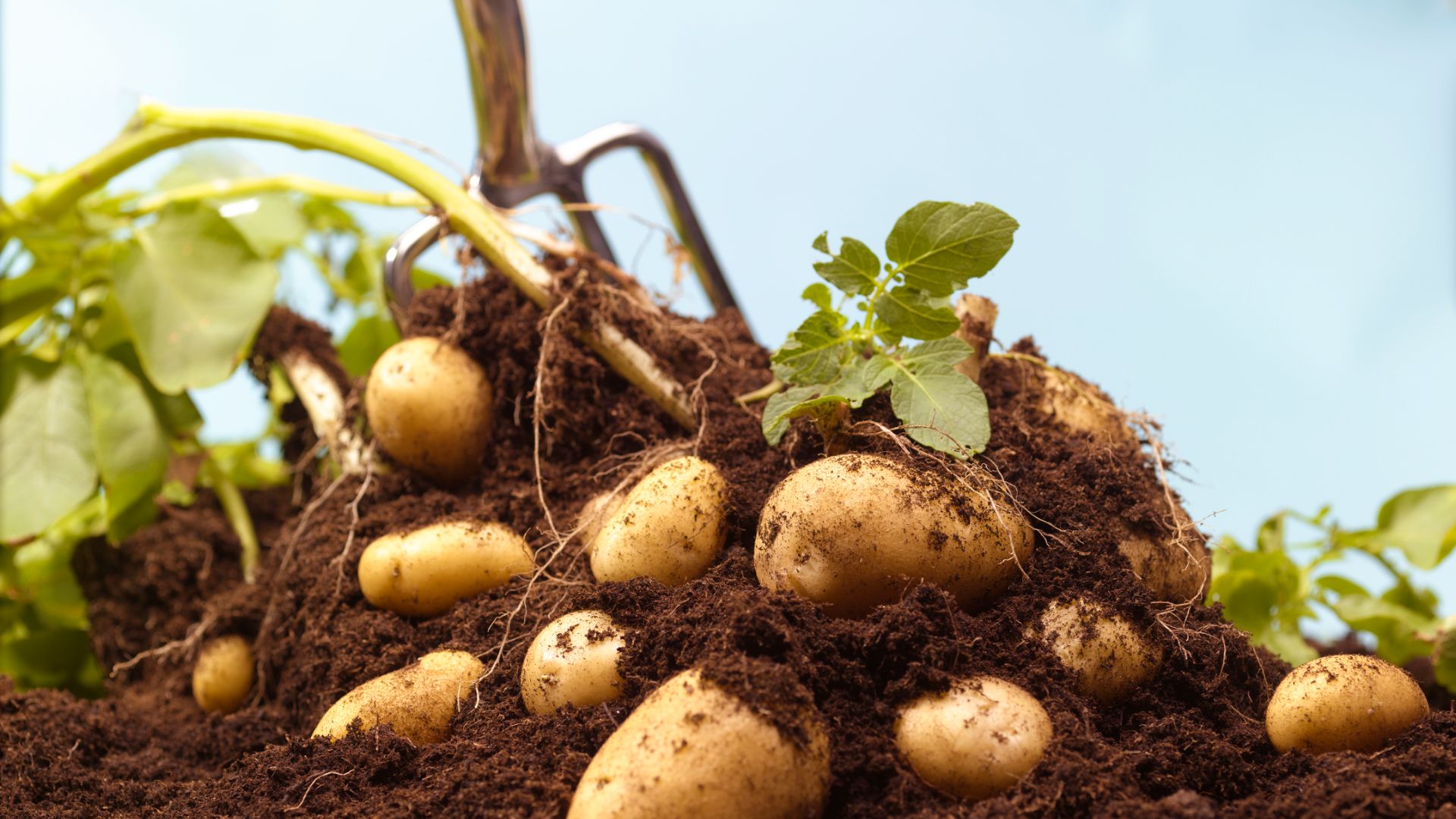
While cooked potatoes are safe for your feline, we recommend avoiding giving your cat uncooked potatoes. Raw potatoes contain solanine which can be very toxic to cats.
21. Raw mushrooms
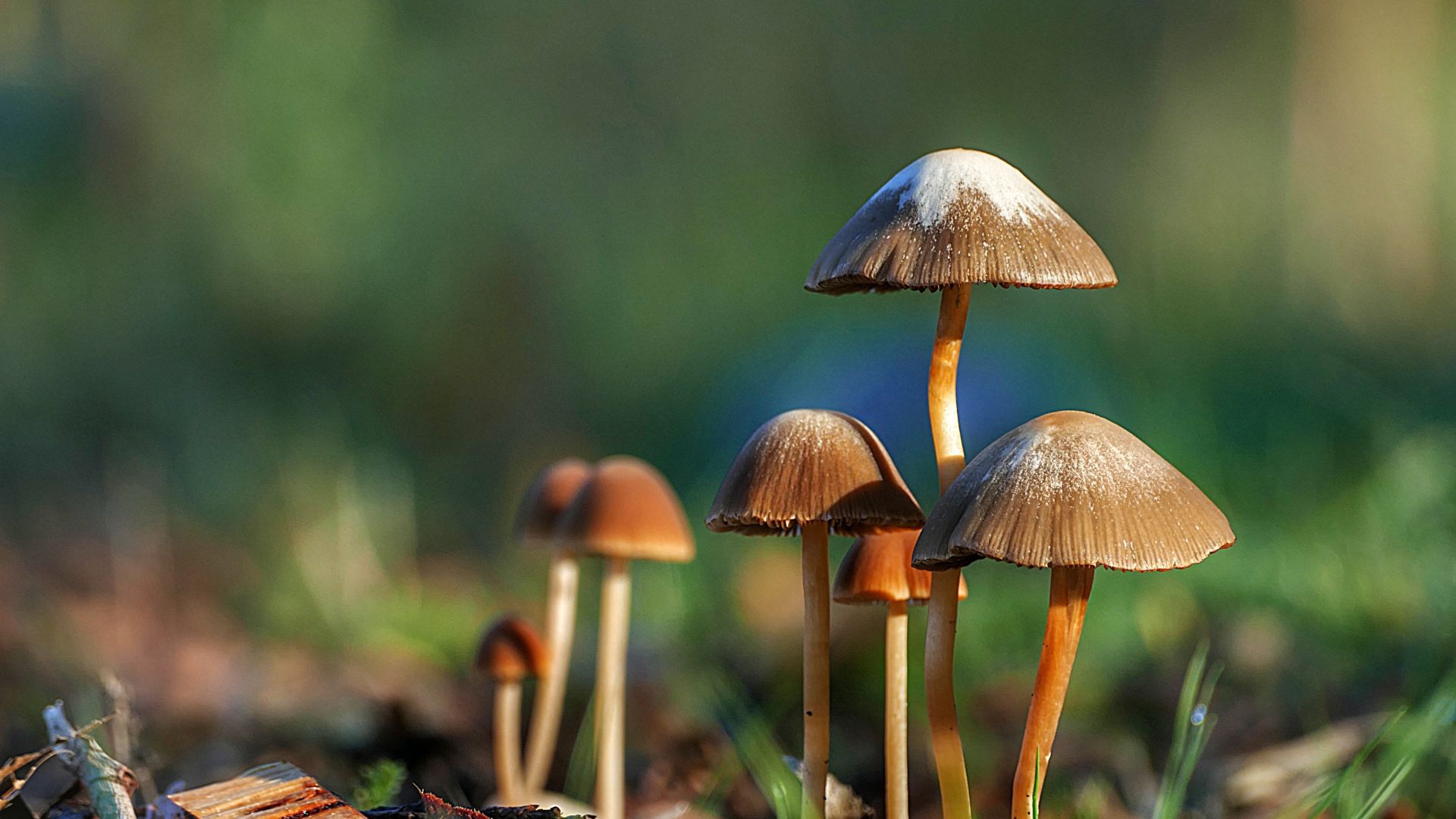
Store bought mushrooms that are cooked are safe for cats. But you will want to avoid giving your cat wild mushrooms as they can be poisonous.
22. Cherries
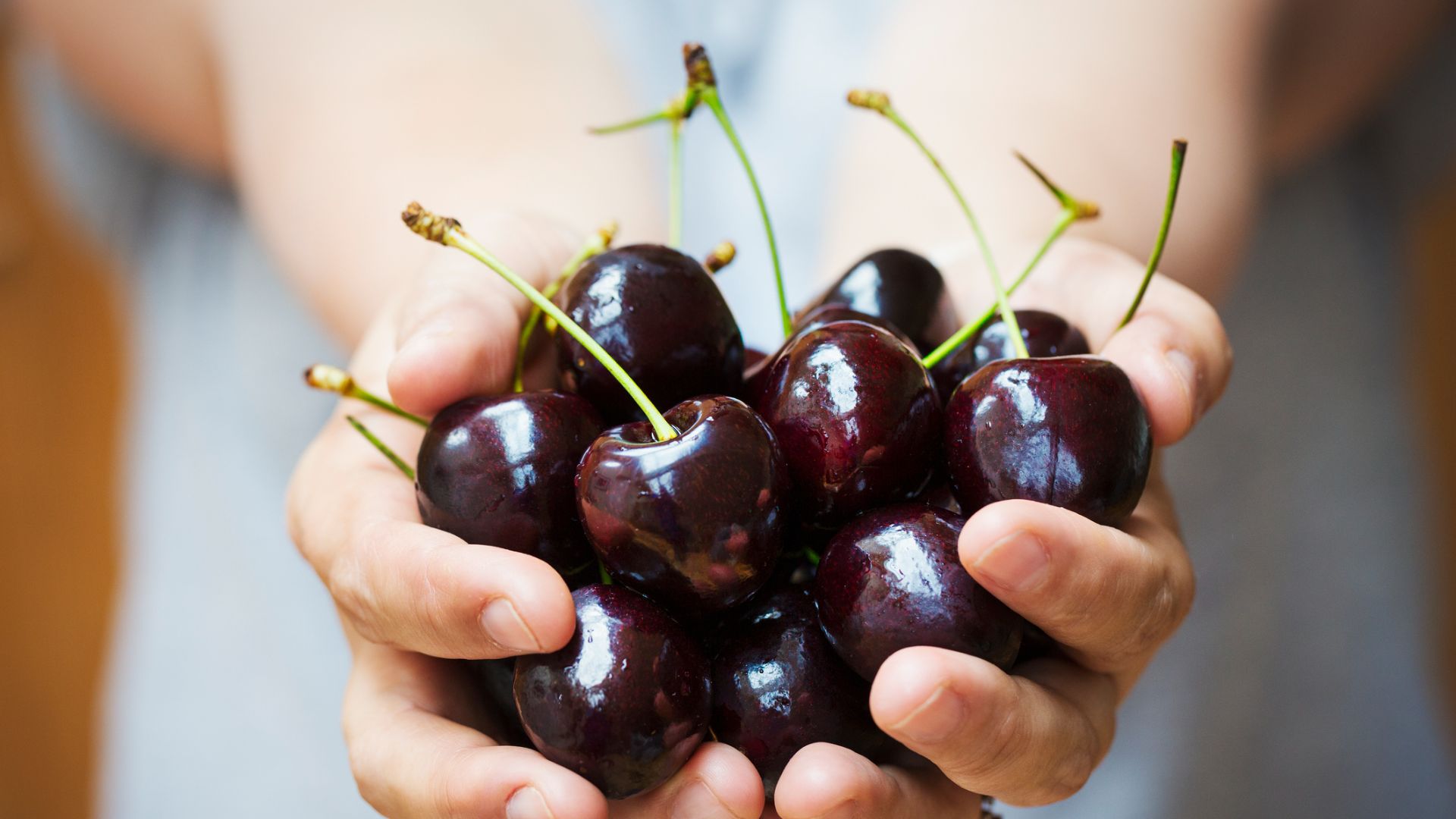
You’ll want to avoid giving cherries to your cat. All parts except the fruit on the inside can be very toxic to your pet. This includes the skin, pit and stems.
23. Plums
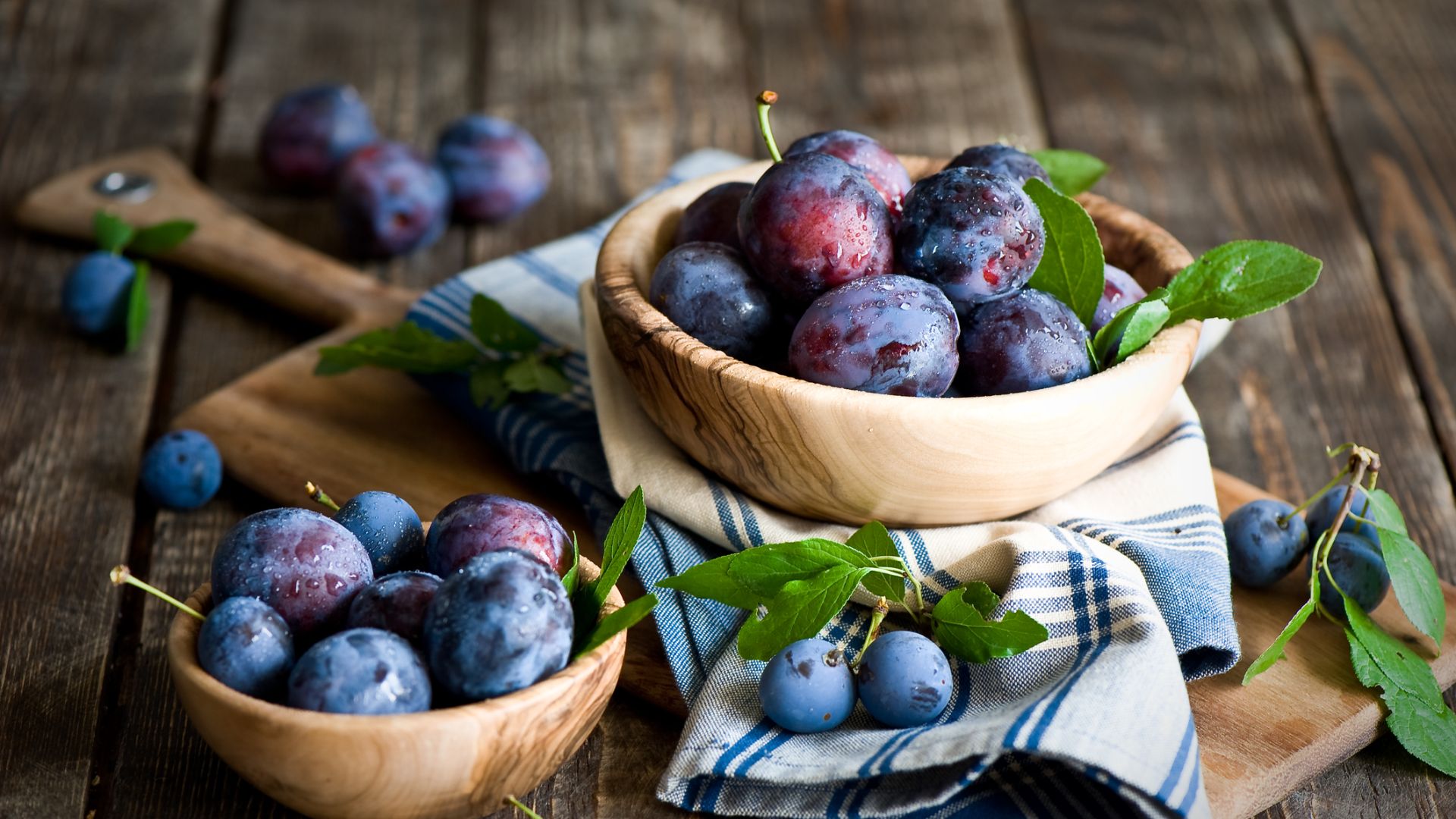
All parts of the plum contain cyanide which is very toxic. It can cause vomiting in some cases and can be fatal in severe cases.
24. Coconut
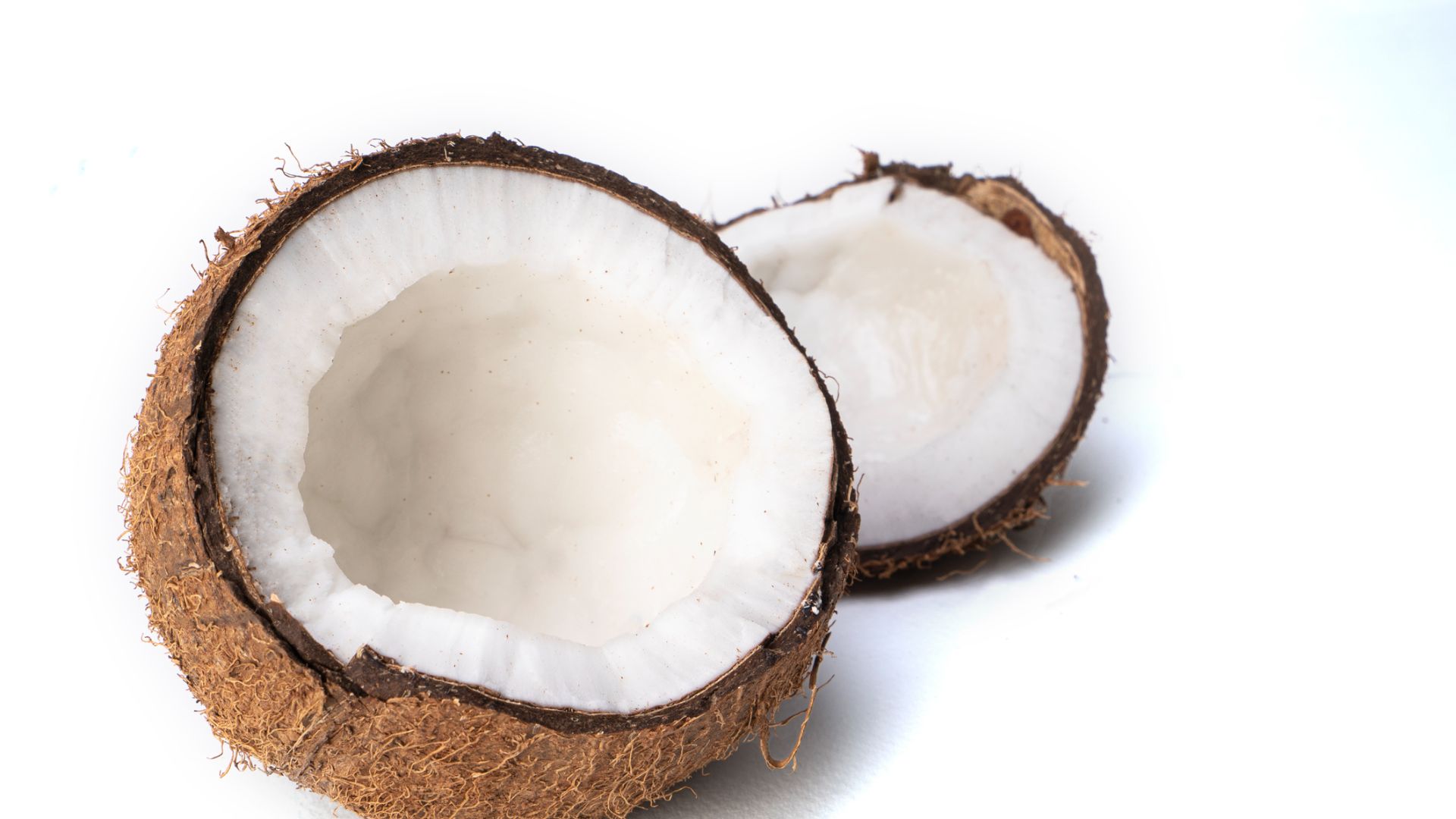
While it may be safe in small doses, we still advise pet parents to use caution if offering this to their cat. The coconut skin and flesh contain oil that can cause upset stomachs, vomiting and diarrhea in cats. Coconut water is also not recommended as it contains high levels of potassium.
25. Salt
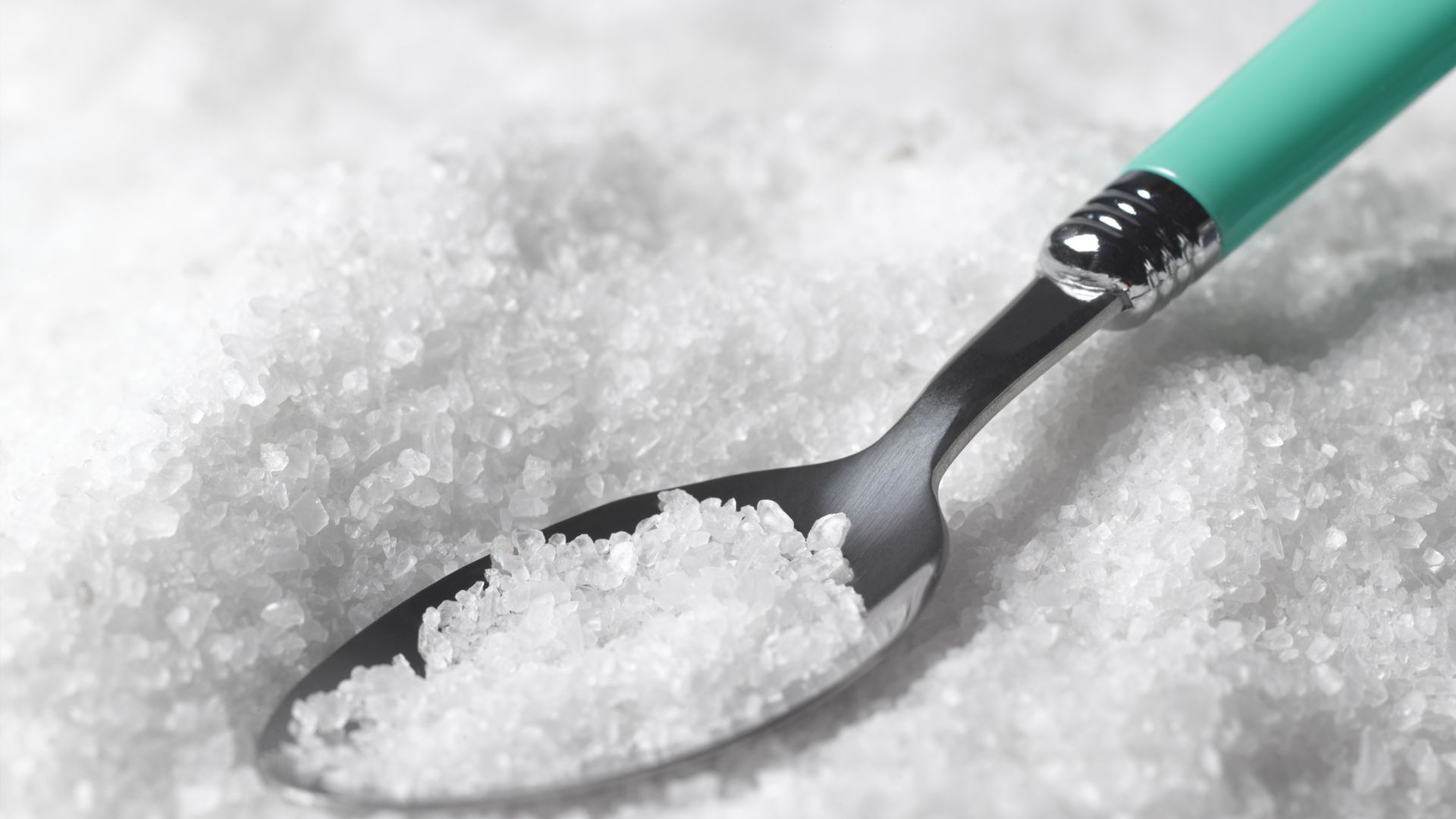
High amounts of salt in your cat’s diet is not recommended. High levels of sodium can cause intense thirst and frequent urination.
26. Raisins
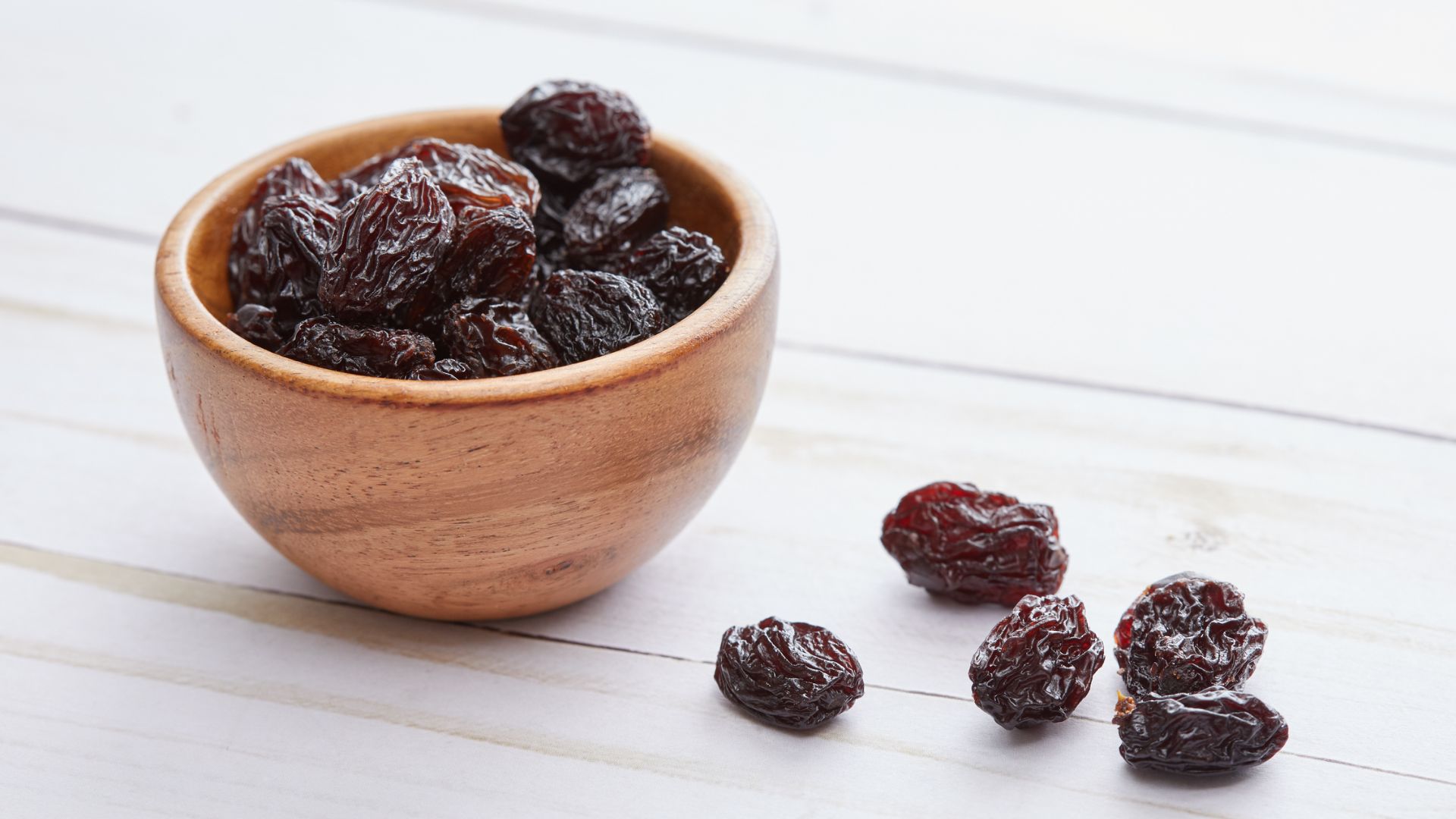
Raisins, similar to grapes, can cause kidney damage in cats according to the Animal Emergency and Referral Center.
27. Canned vegetables
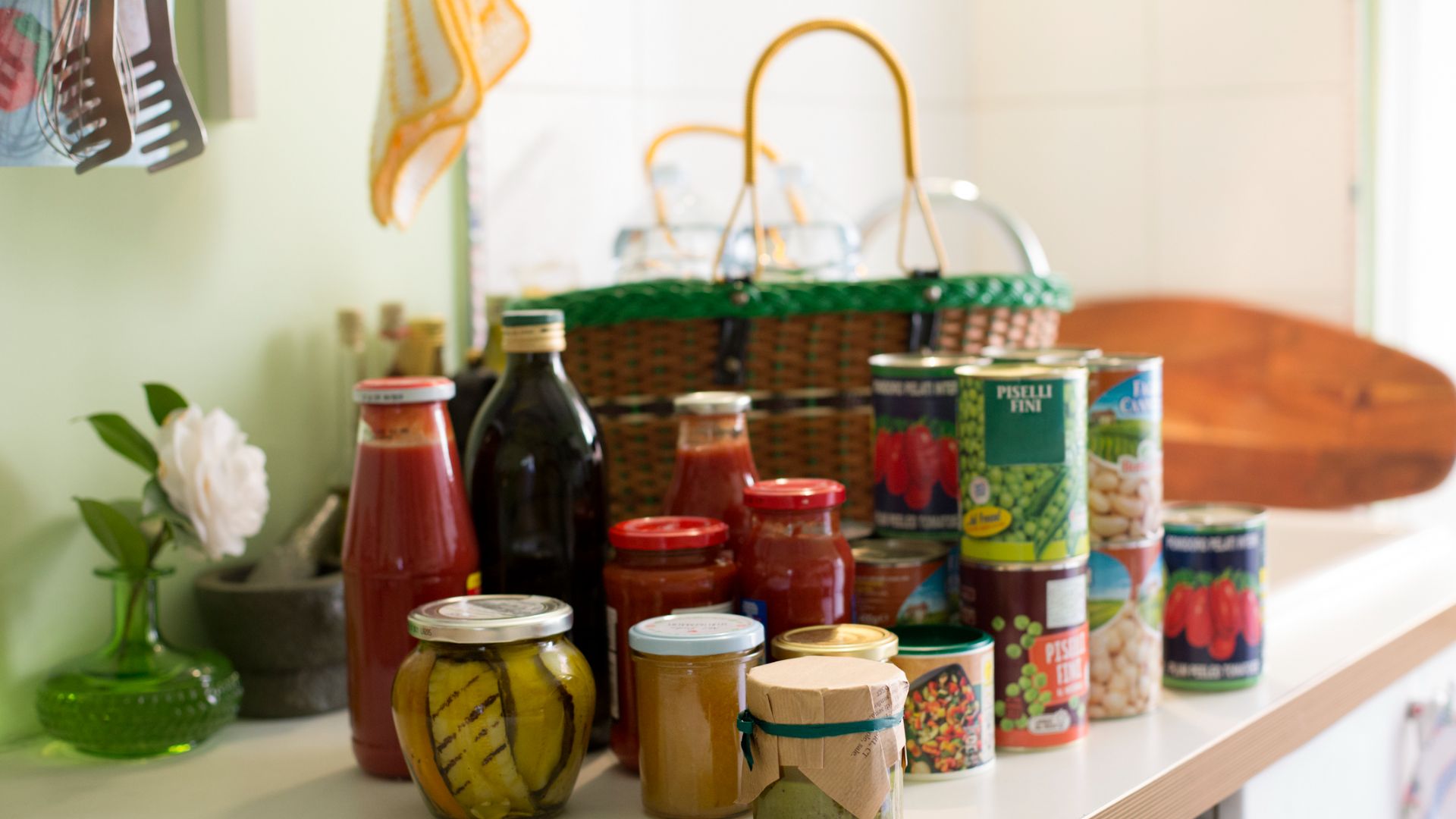
While some fresh vegetables are considered safe for cats to eat, you will want to avoid canned vegetables. These vegetables are usually preserved in water that is very high in salt and high levels of salt can be toxic to your cat.
28. Avocado
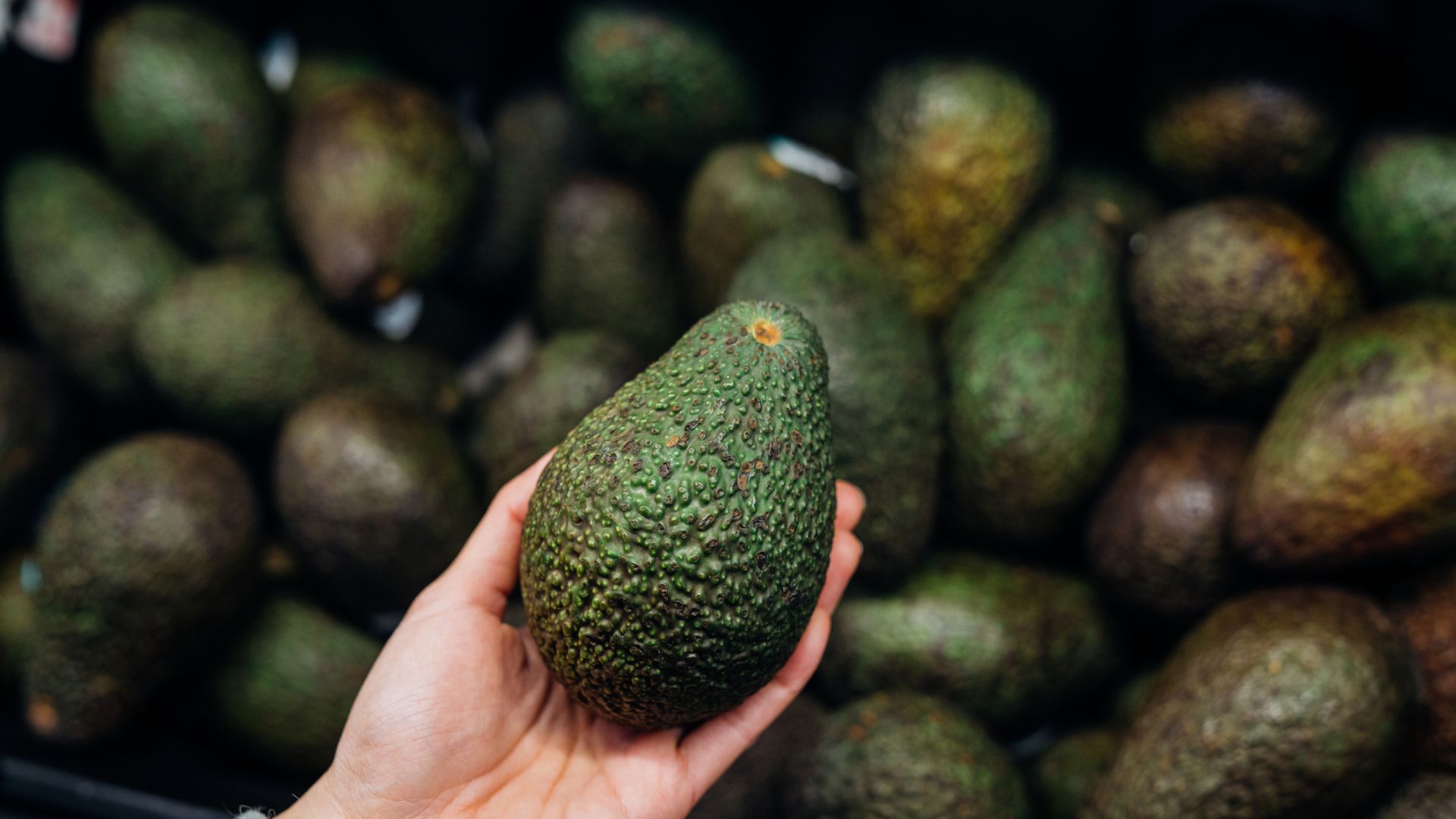
The skin of the avocado contains persin which can be toxic to cats. If ingested your cat may experience vomiting or diarrhea. Avocados are also high in fat which can be hazardous to your cat’s digestive system.
29. Canned tuna
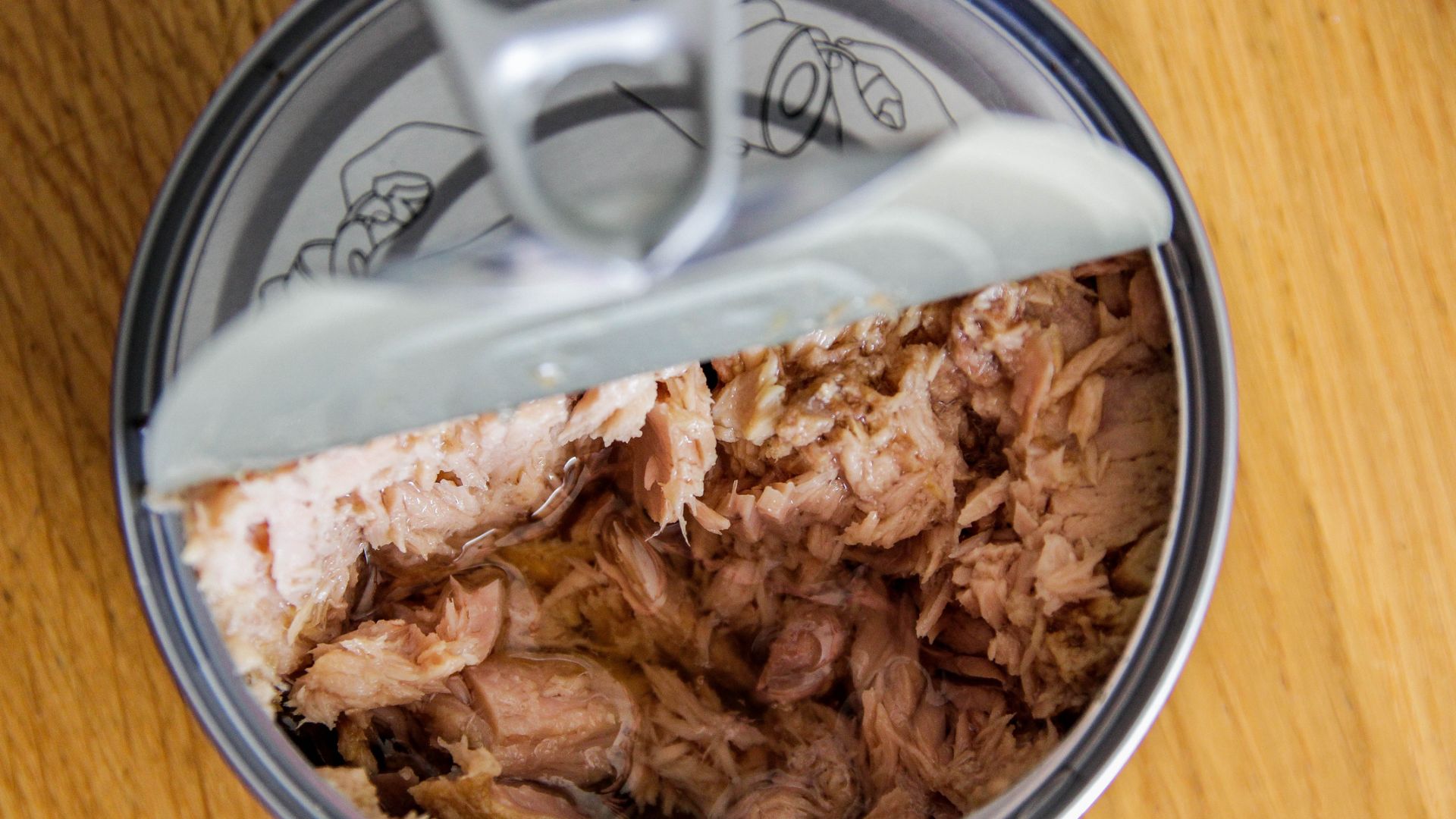
You may have wondered if tuna is good for cats. While it can be a favorite among cats, you should take care not to feed canned tuna that has been preserved in oil or brine. It is also recommended to offer tuna sparingly due to the high levels of mercury.
30. Green tomatoes
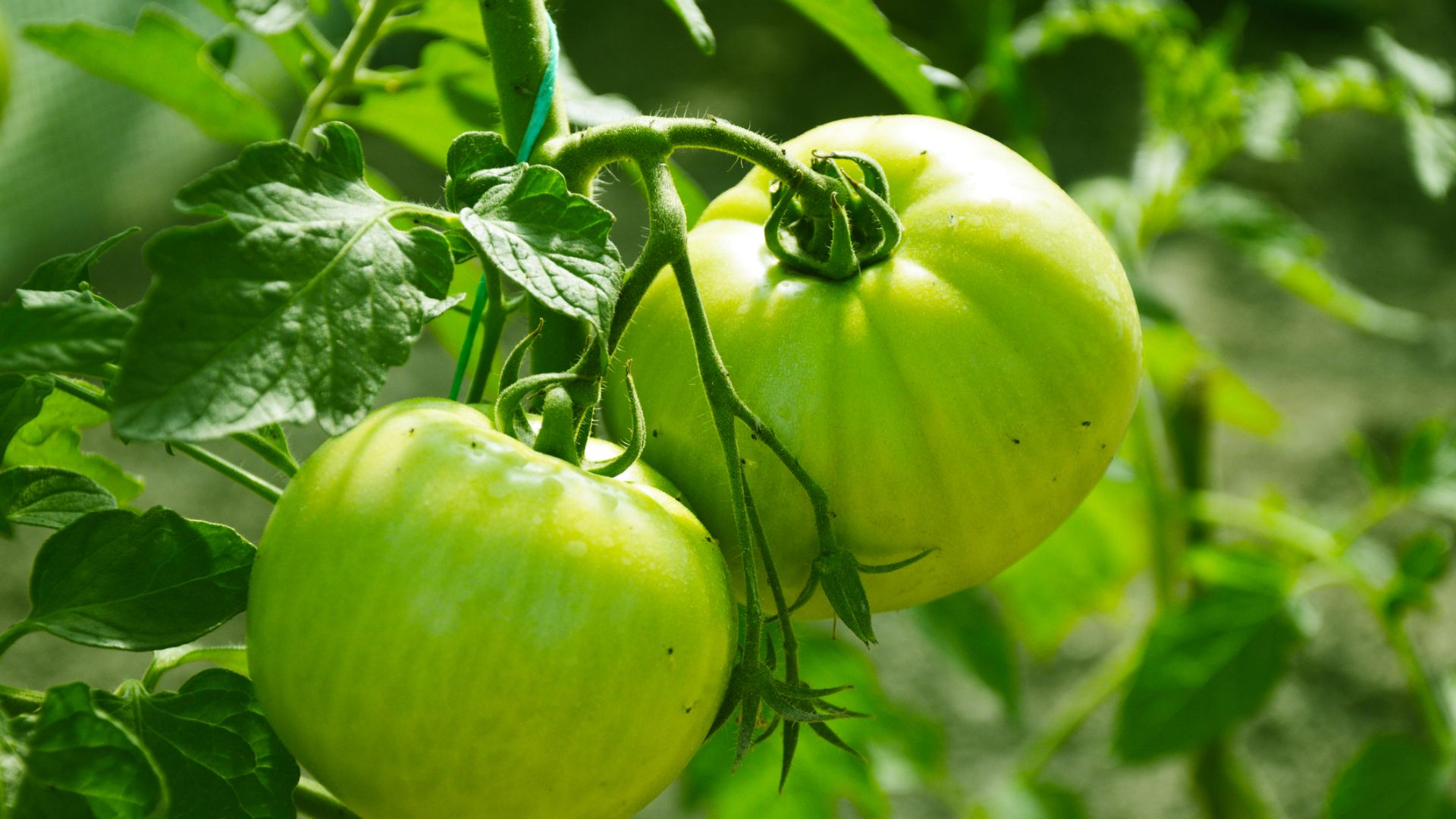
Green tomatoes including their stem and leaf are considered toxic for cats. Only offer the red, ripe flesh of tomatoes to your cat.
31. Deli meat
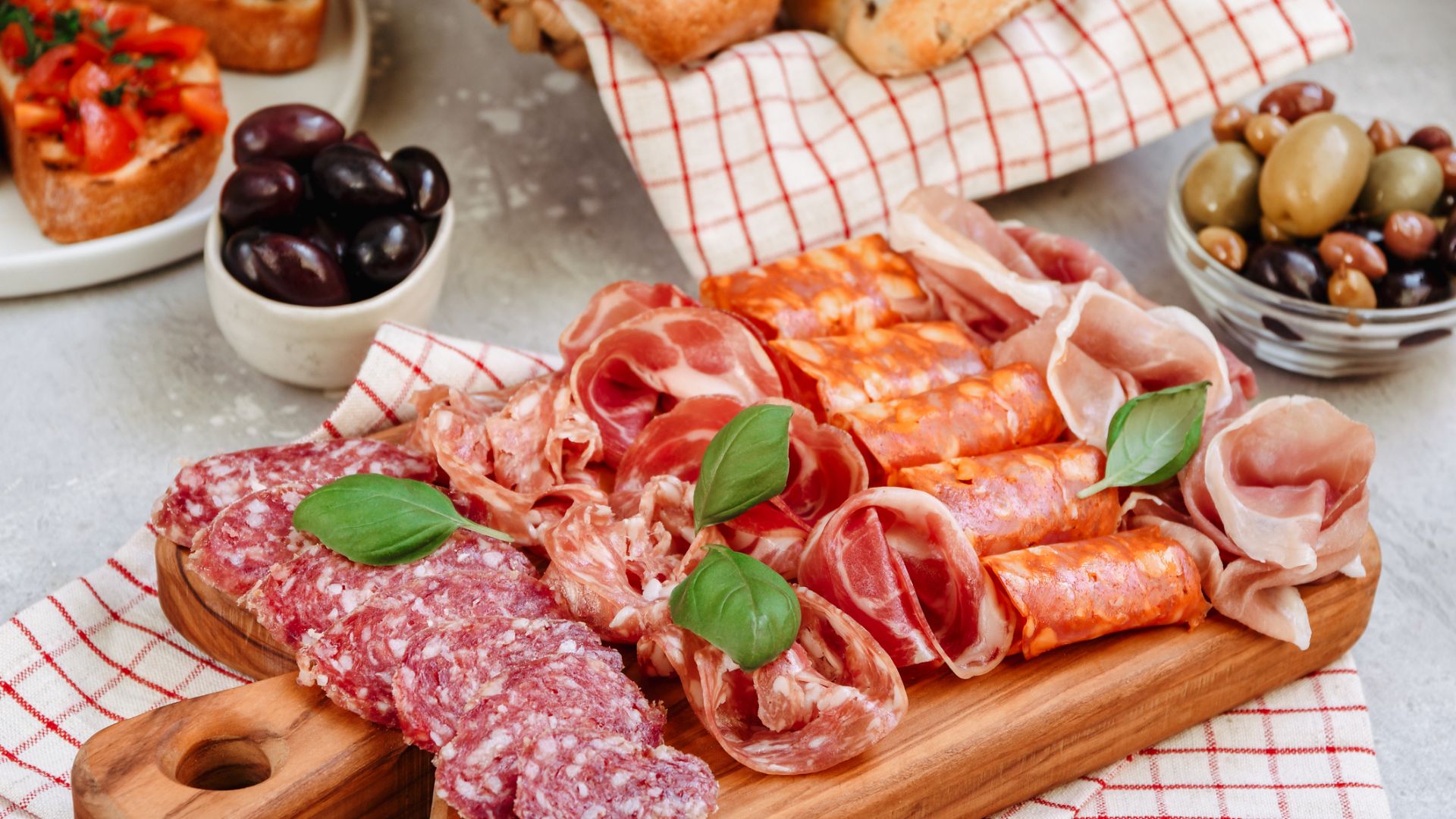
Most deli meats are very high in sodium which can be harmful to your cat. This also includes smoked meats which can be potentially toxic as they are not fully cooked.
32. Liver
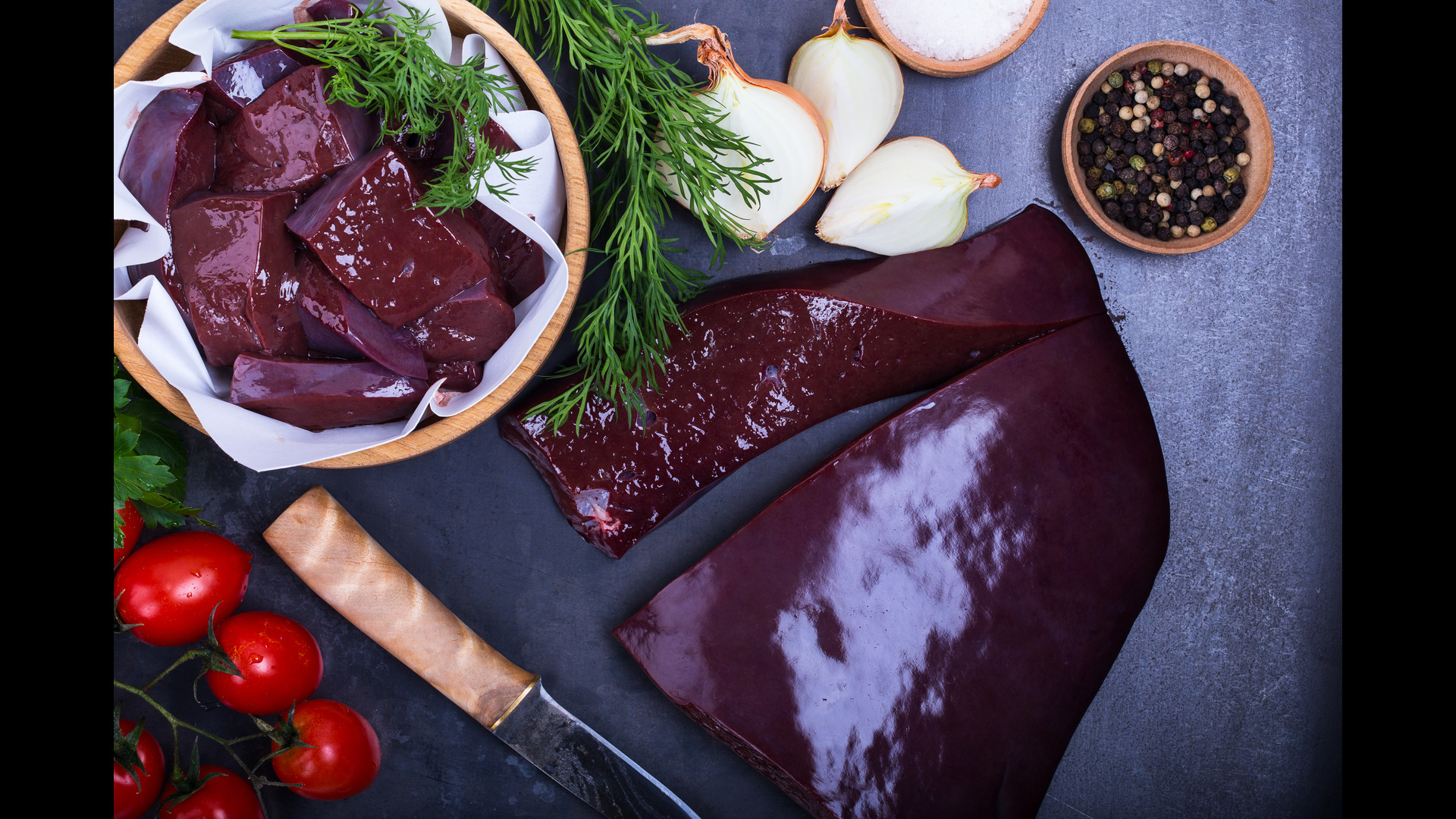
Liver and organ meat can contain high levels of vitamin A. While small amounts of liver are considered to be safe, you want to avoid feeding it to your cat excessively.







